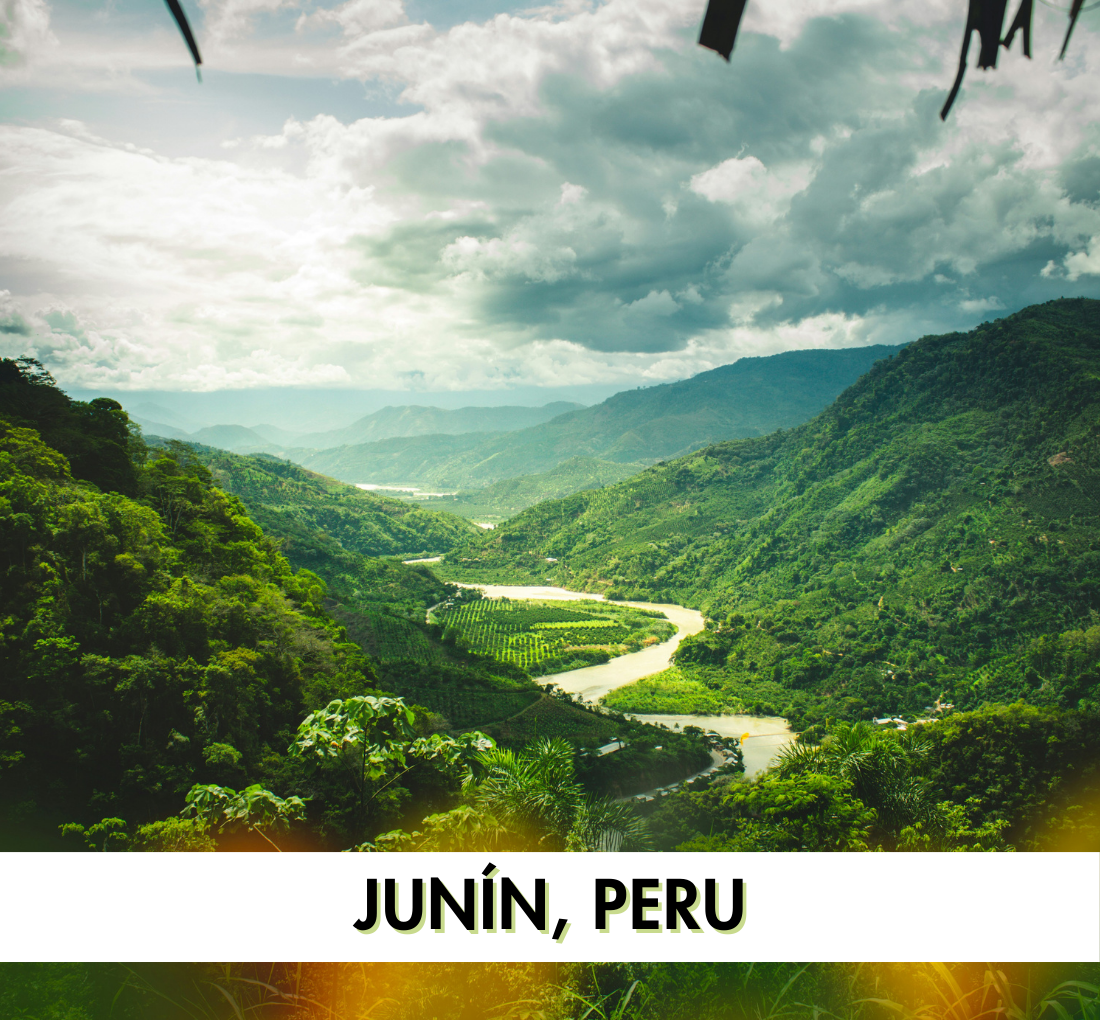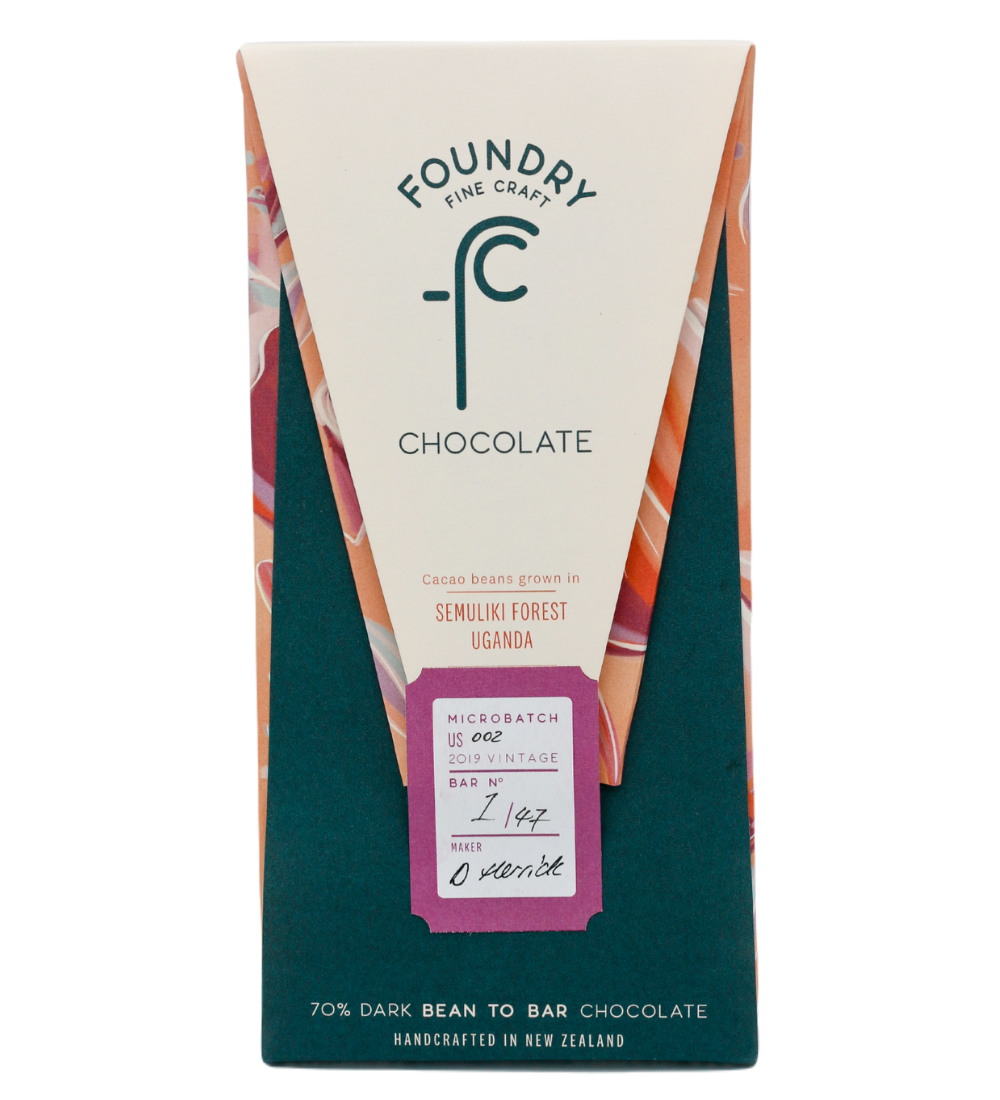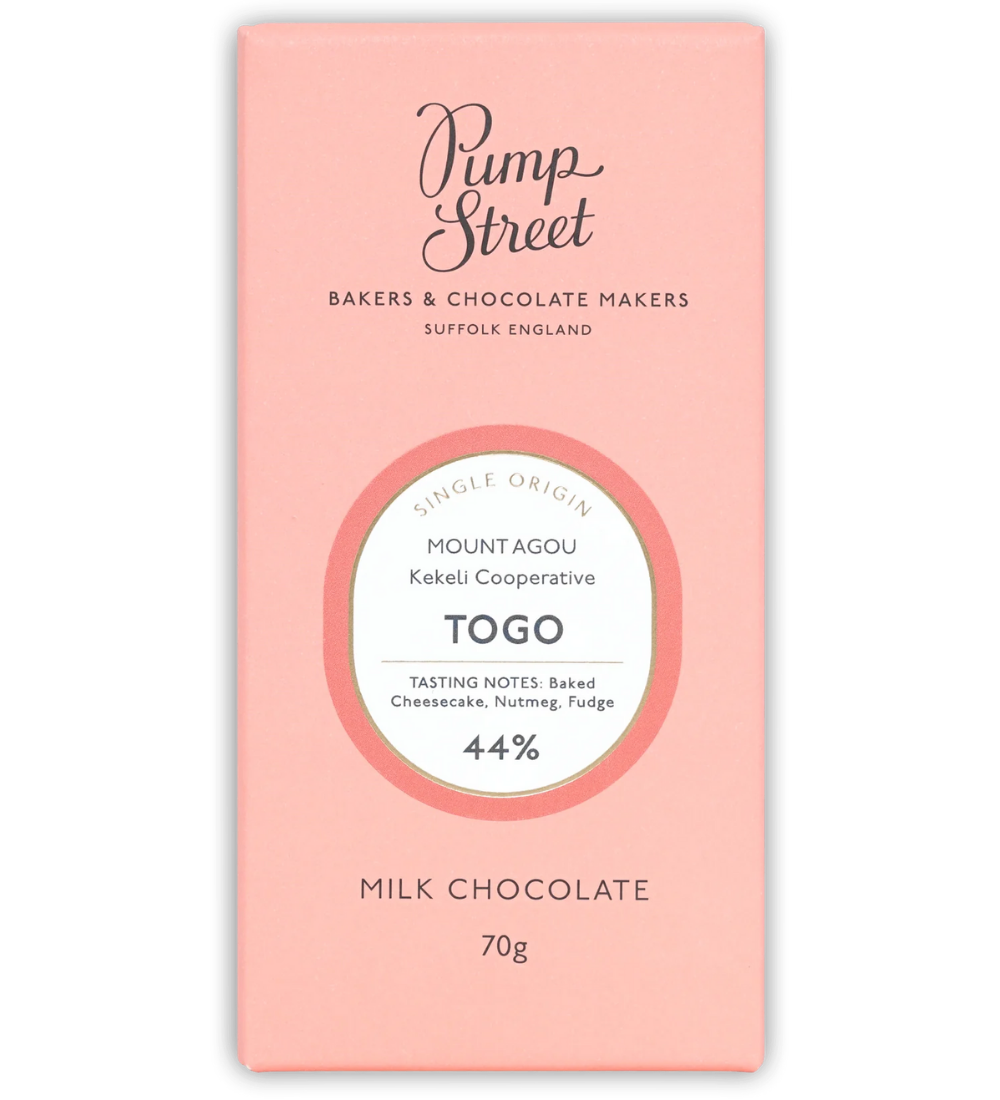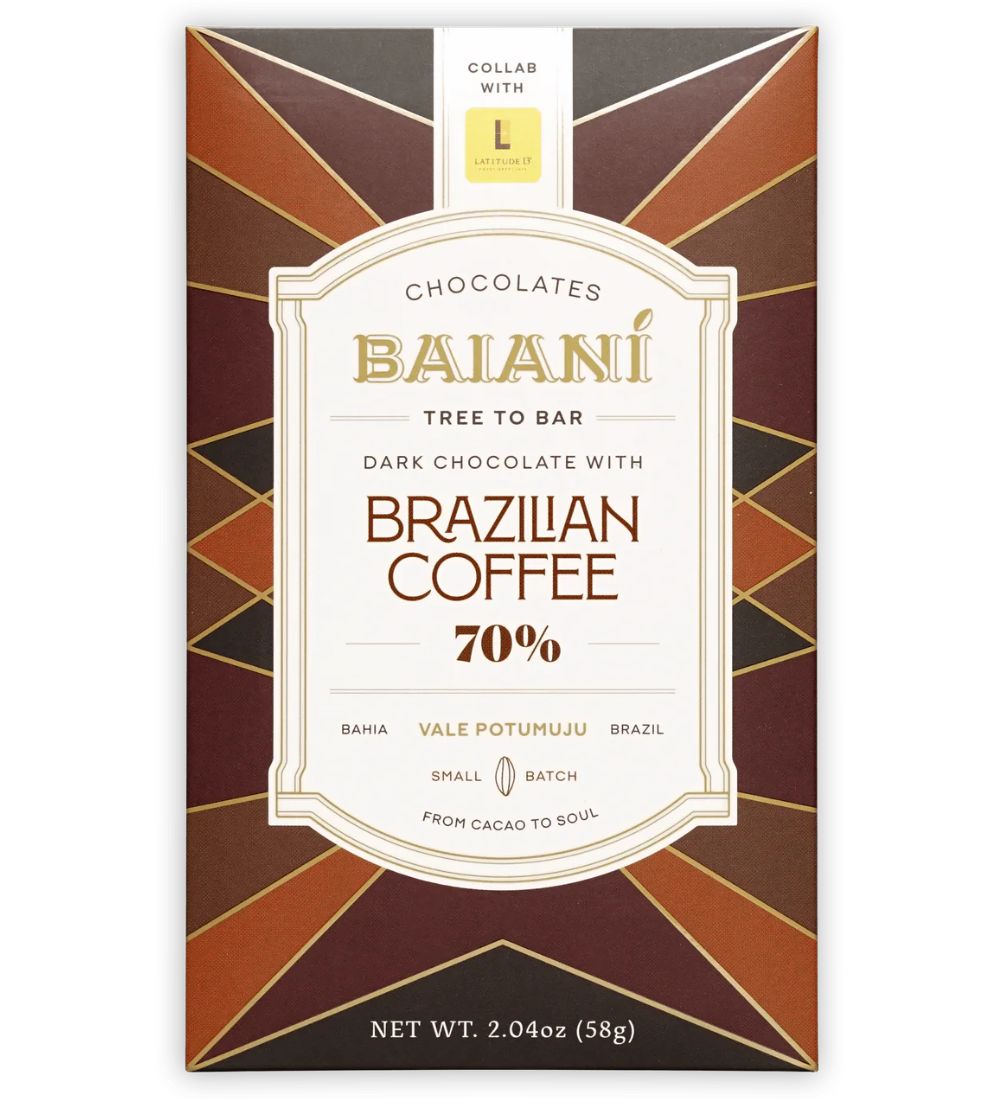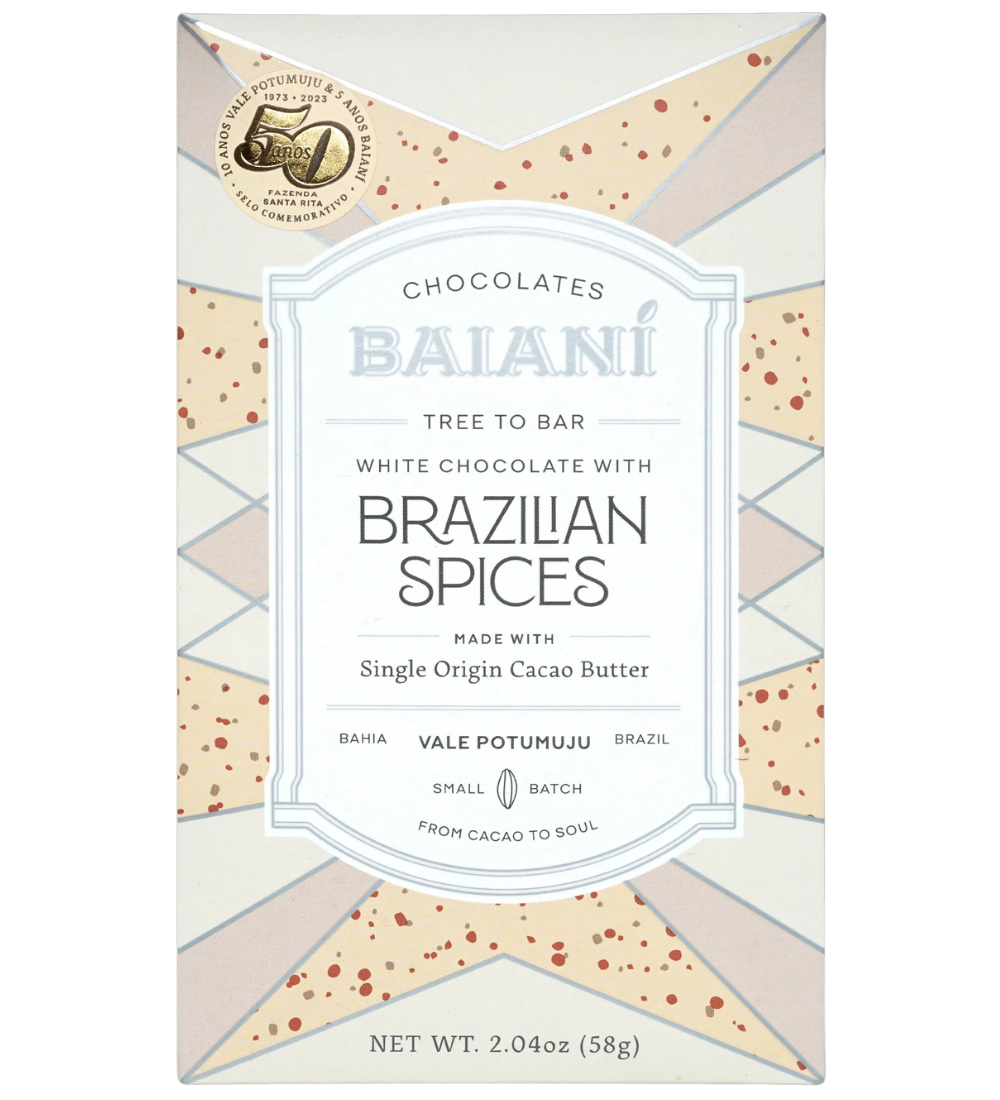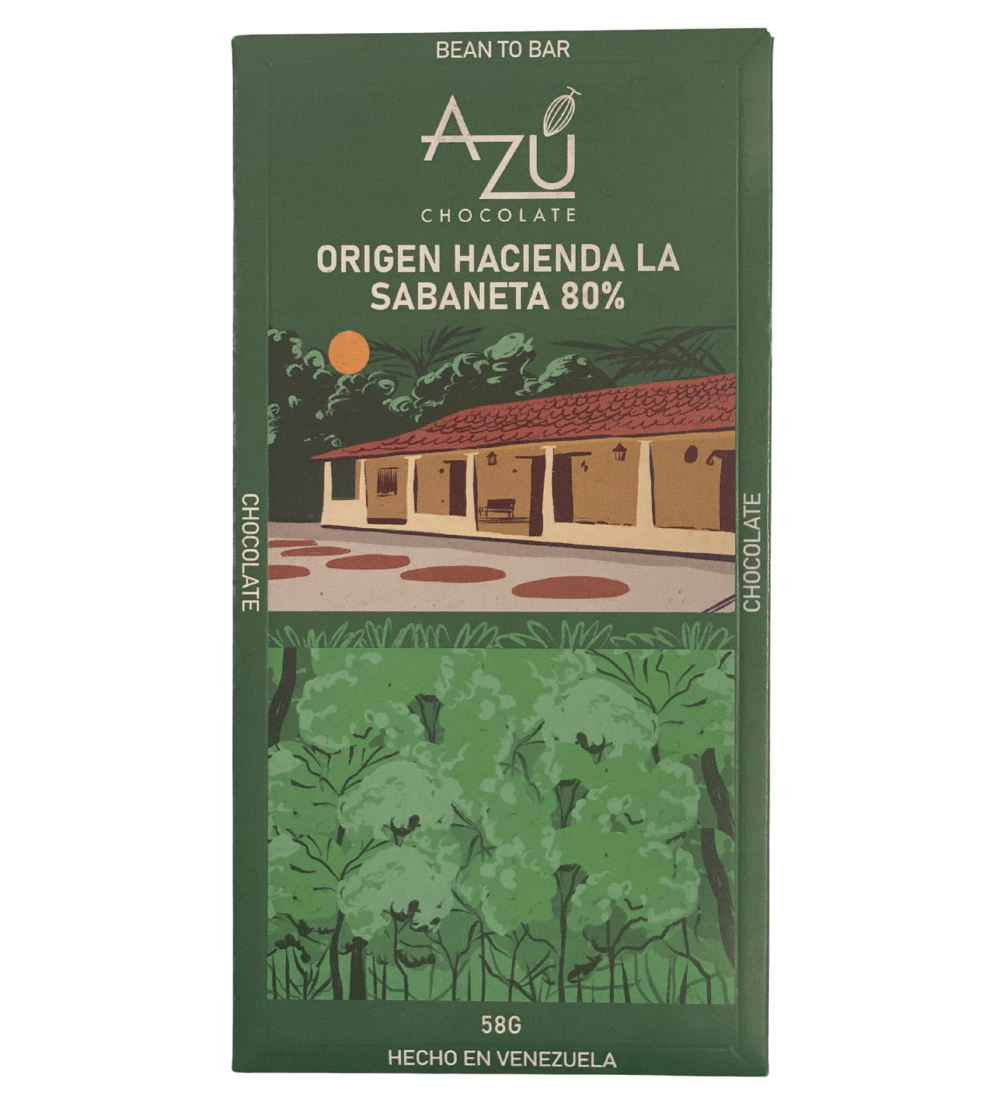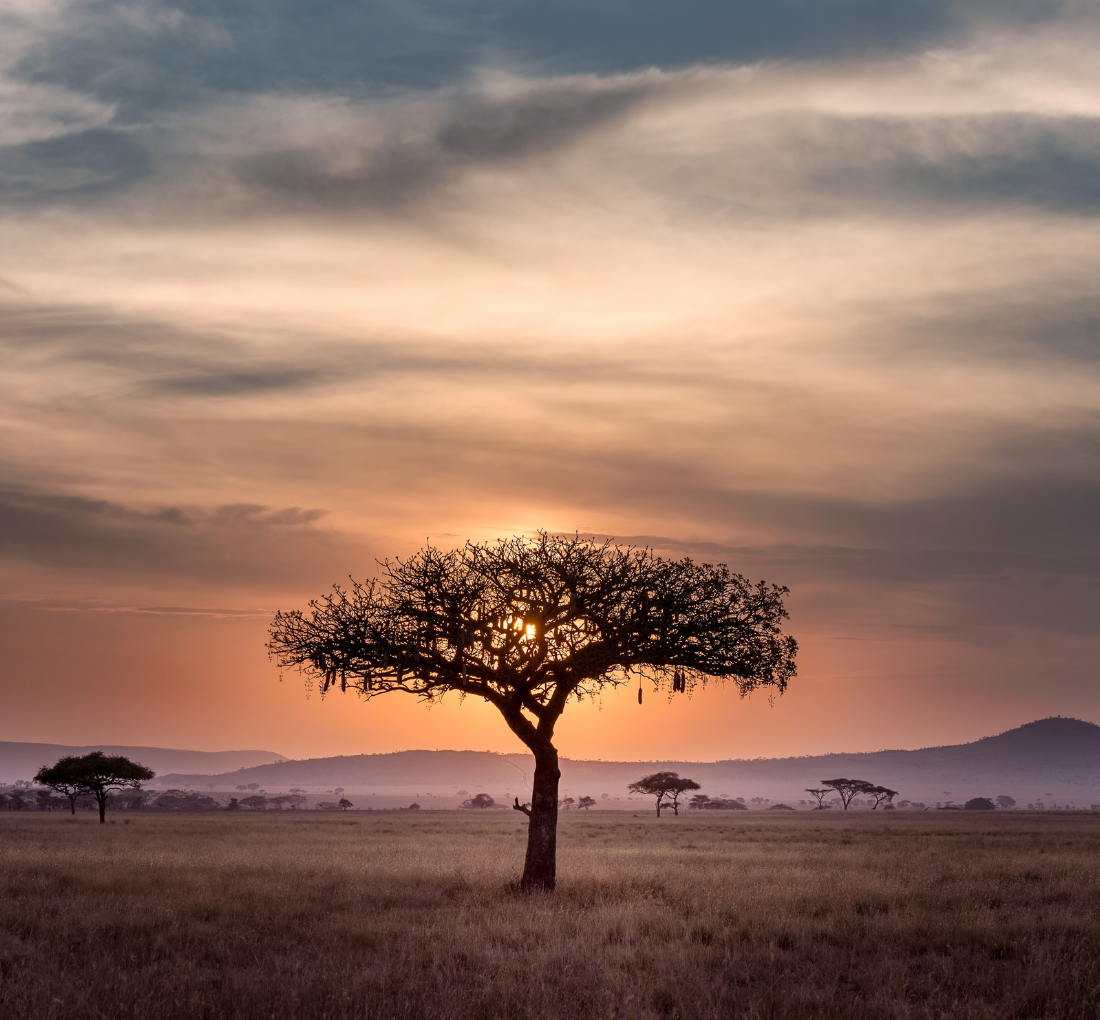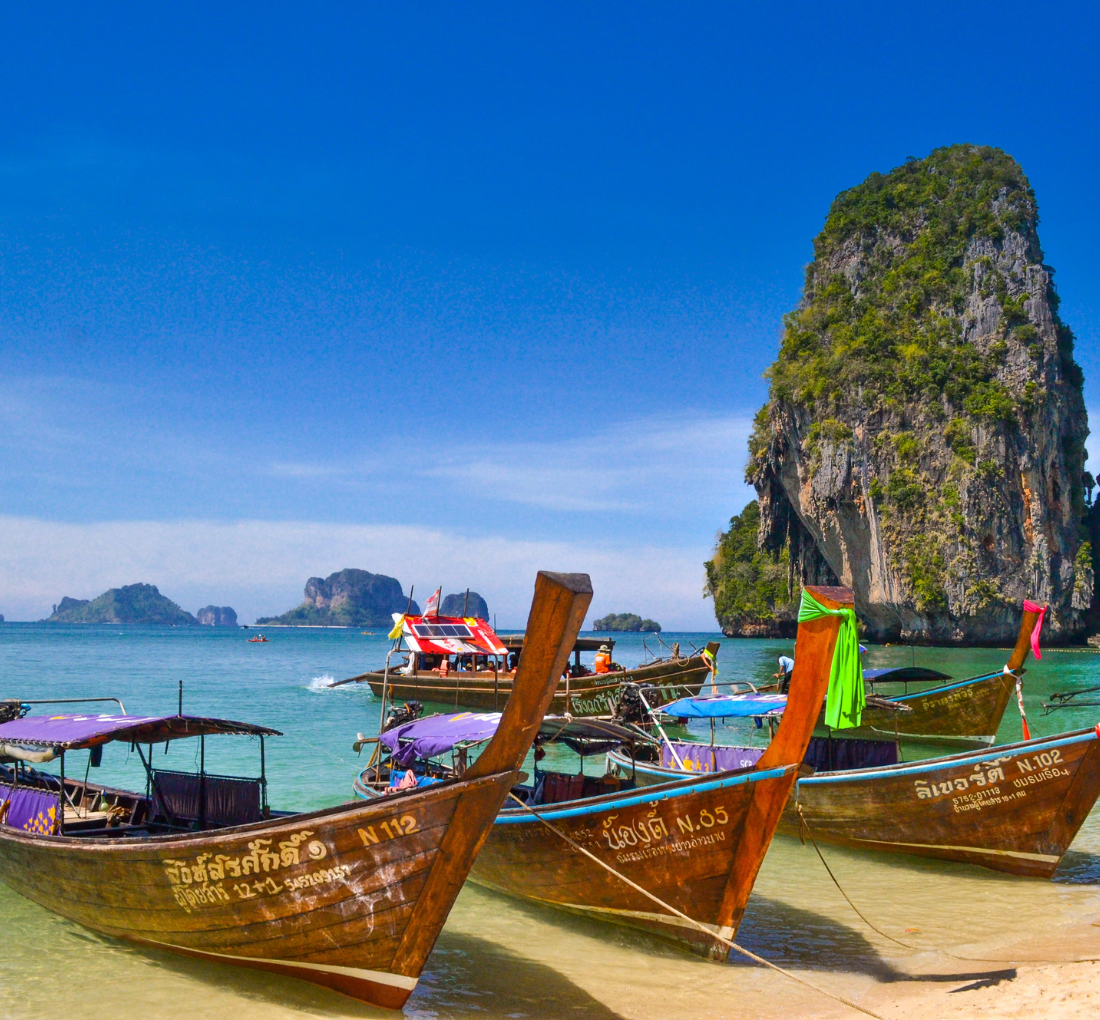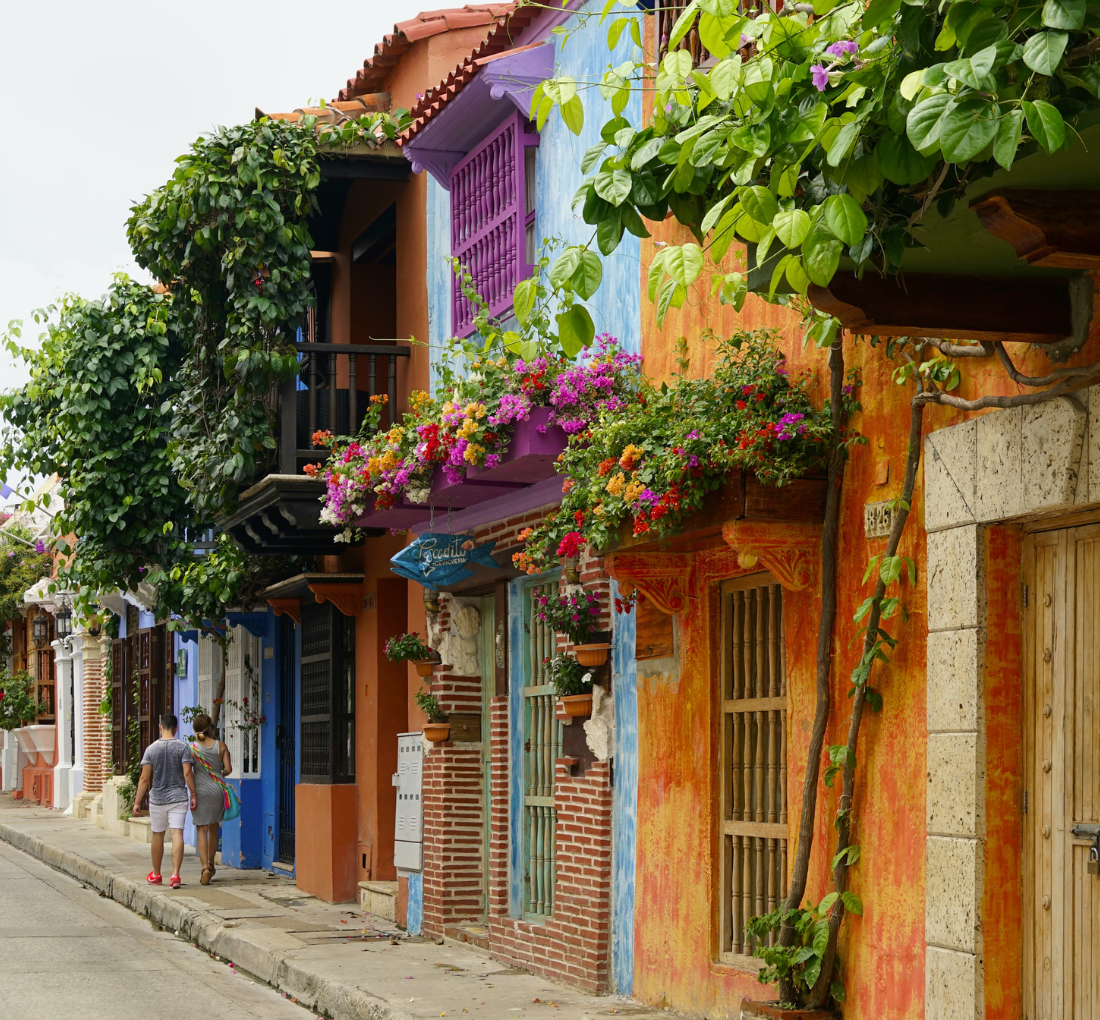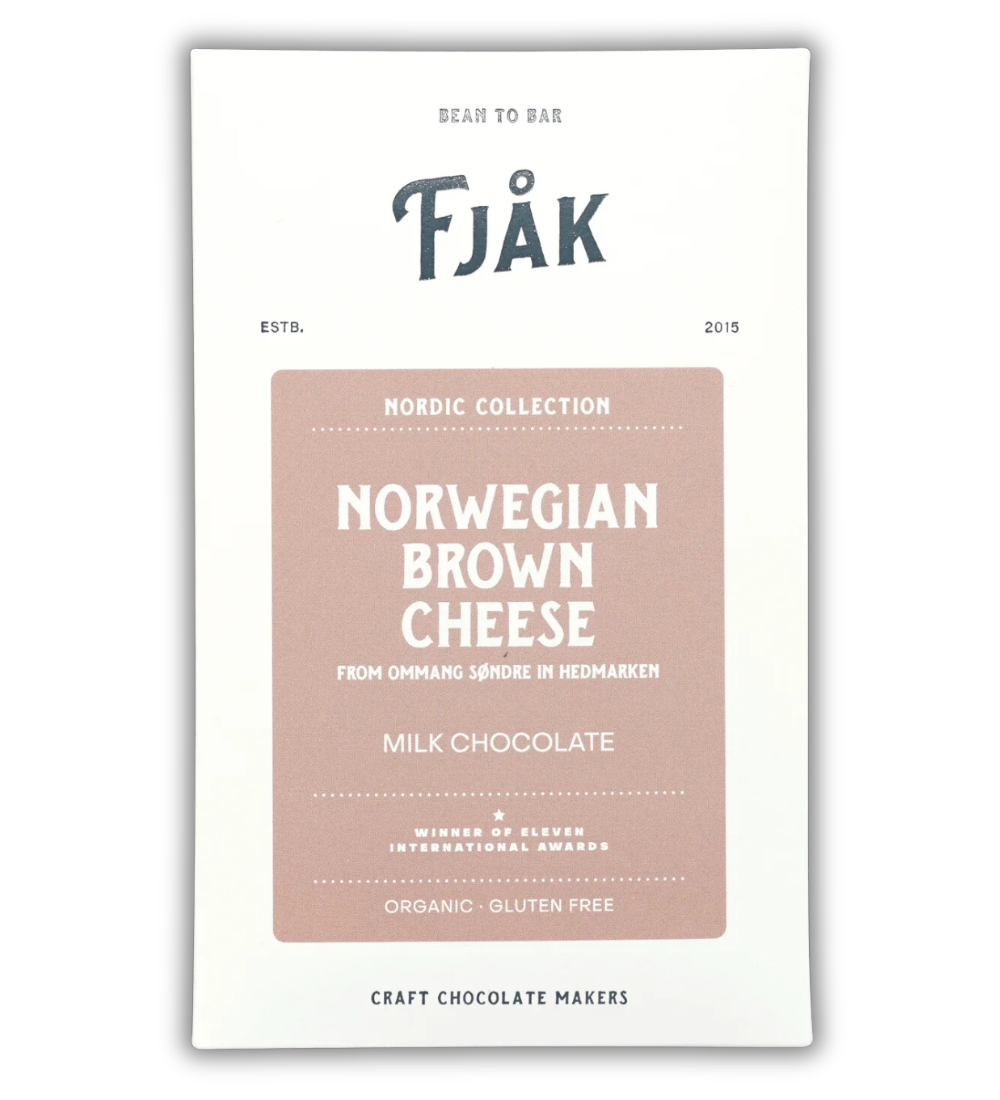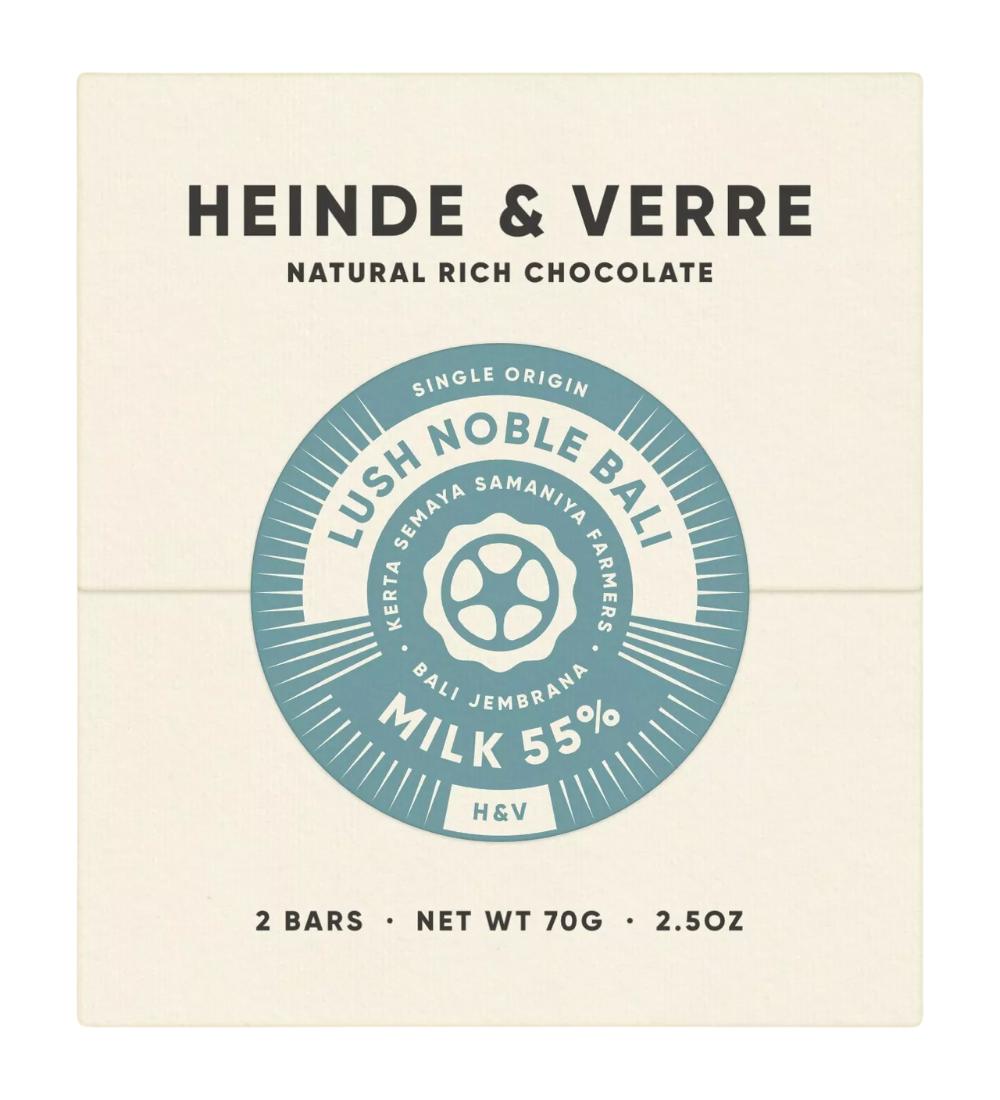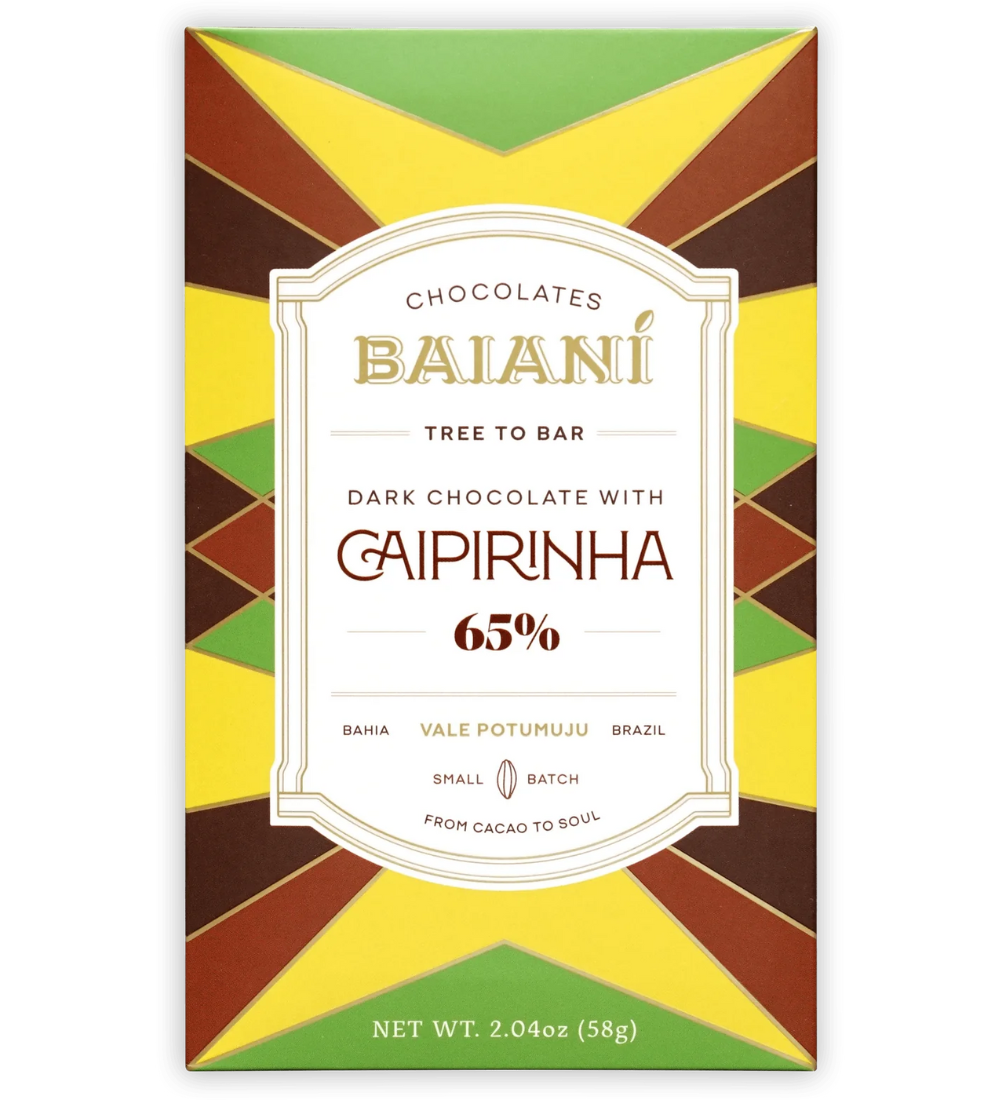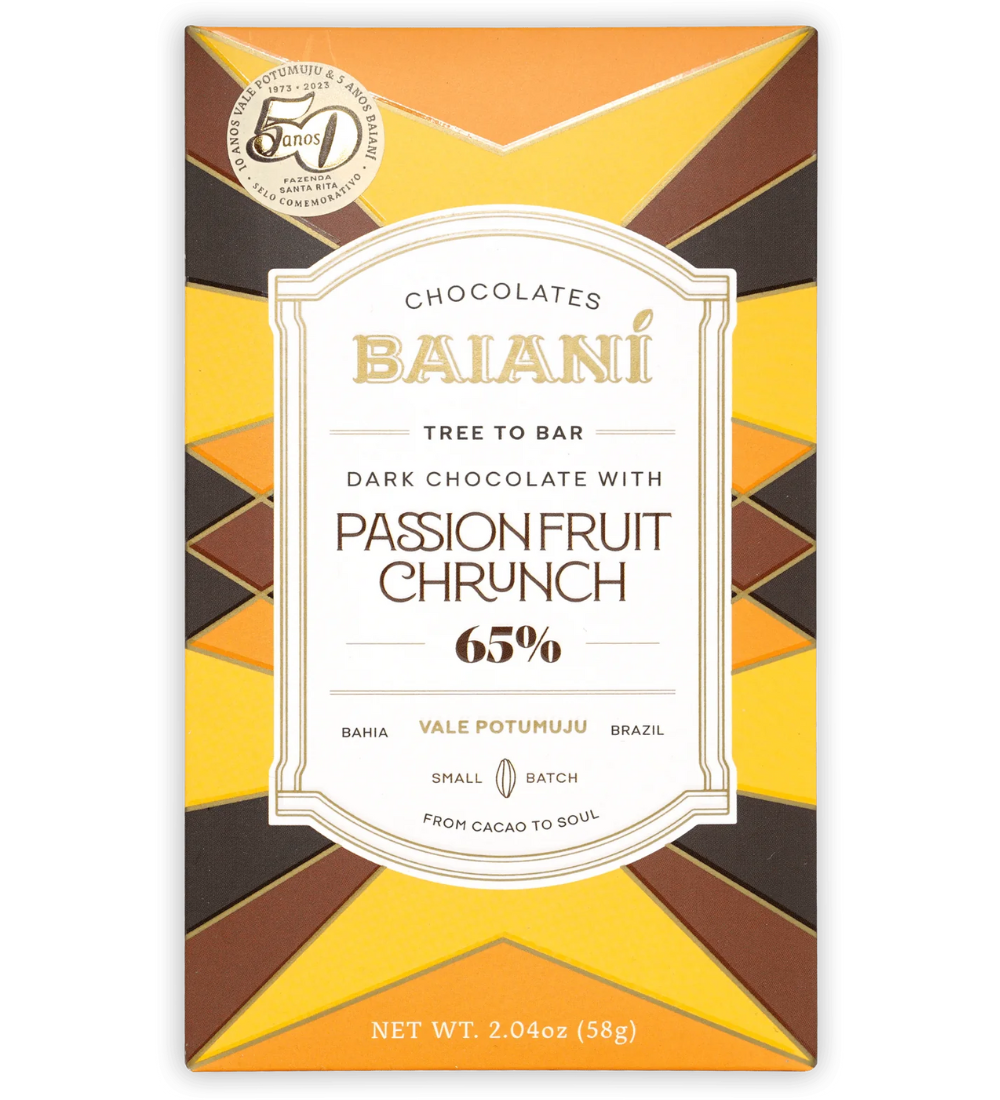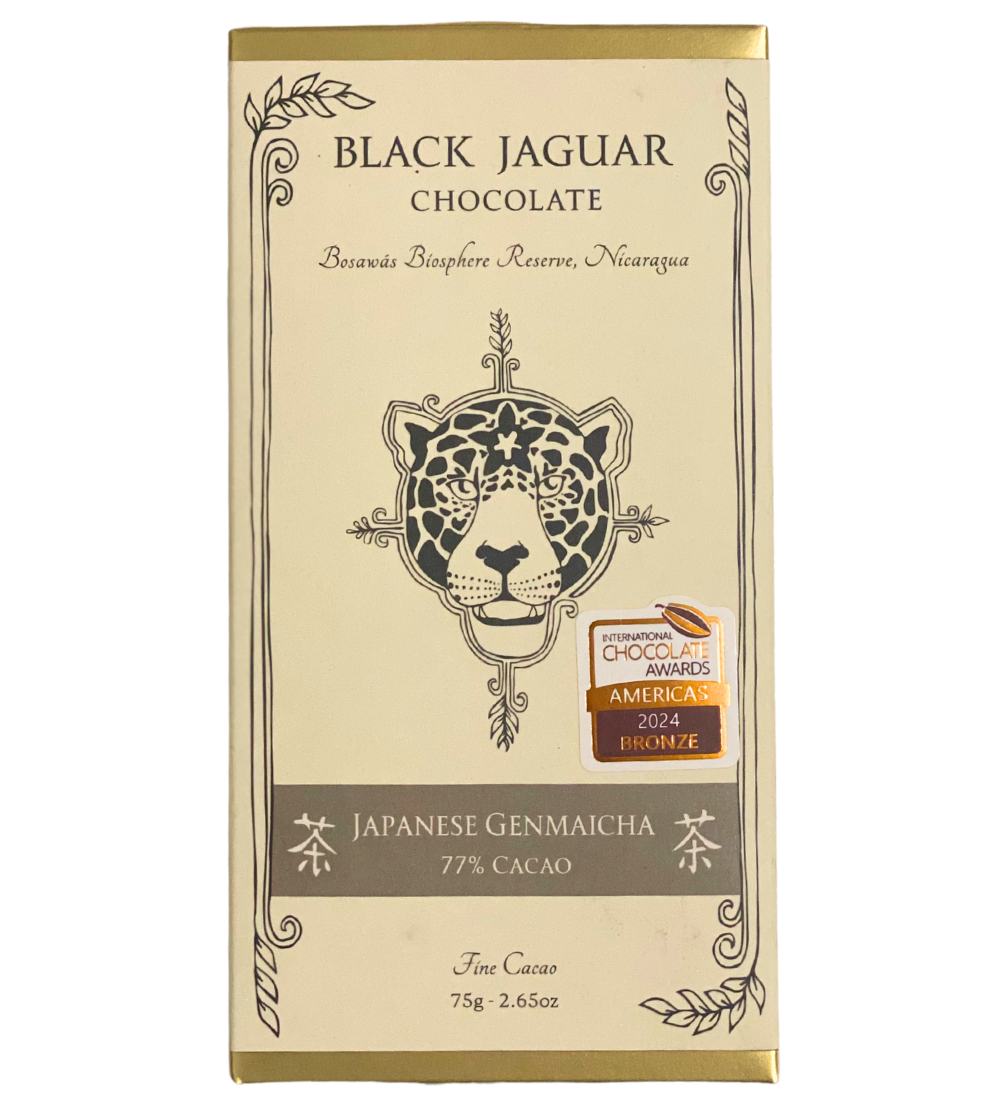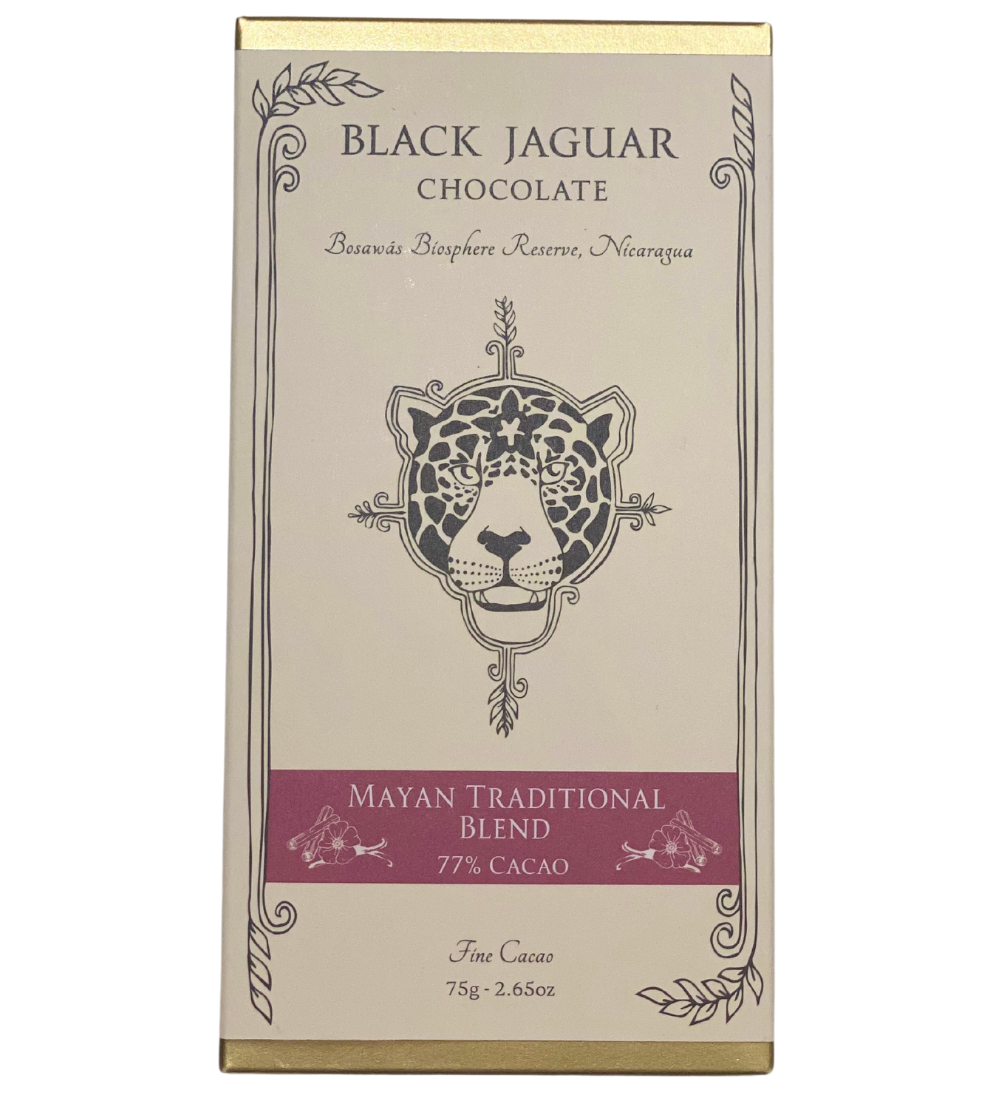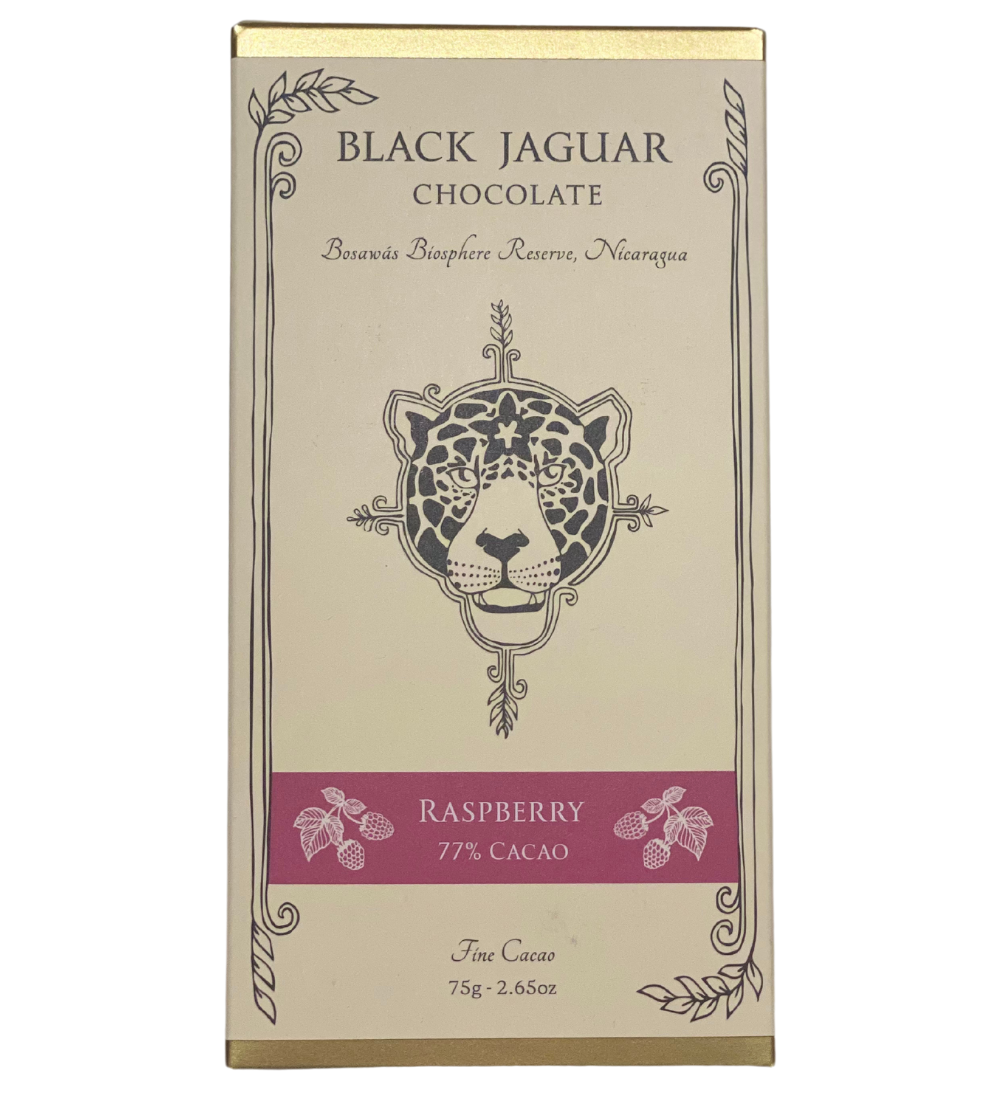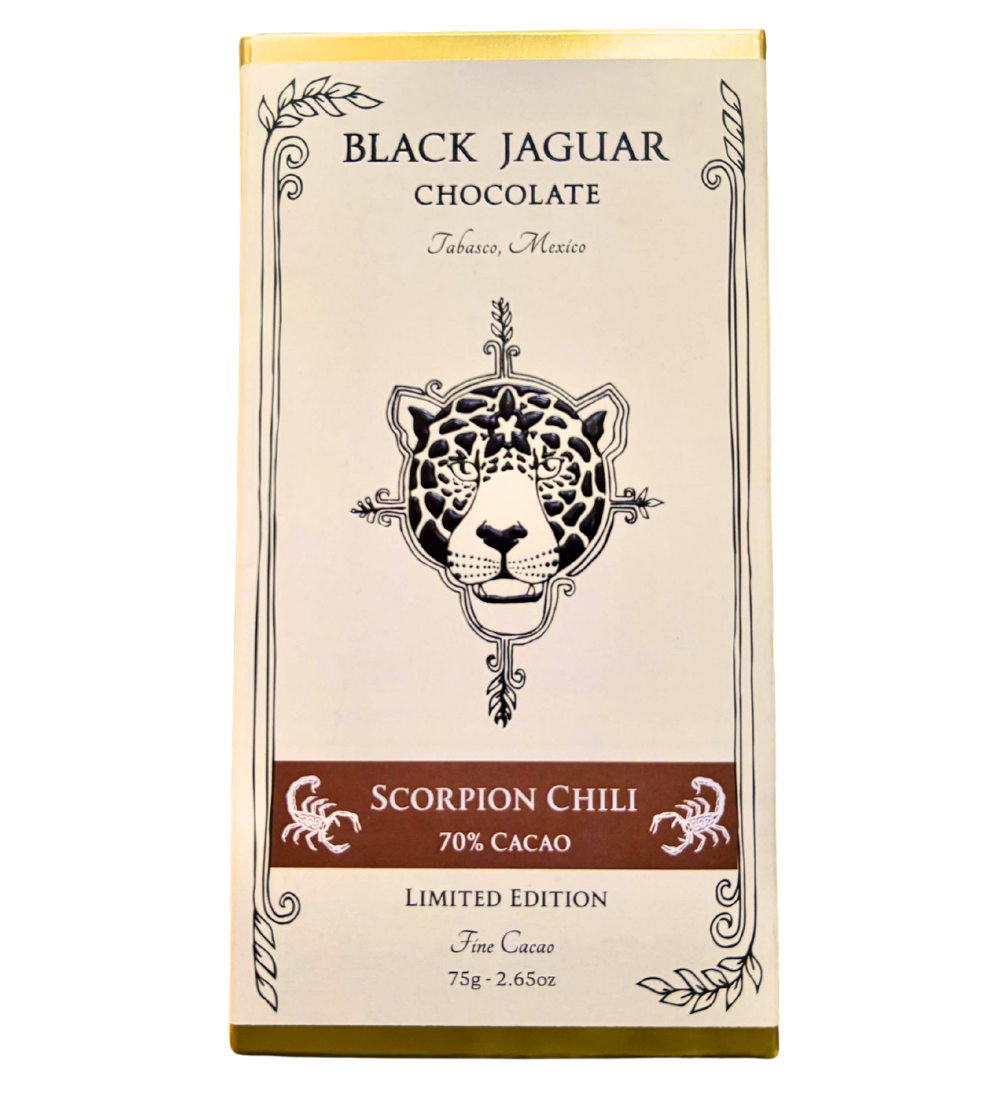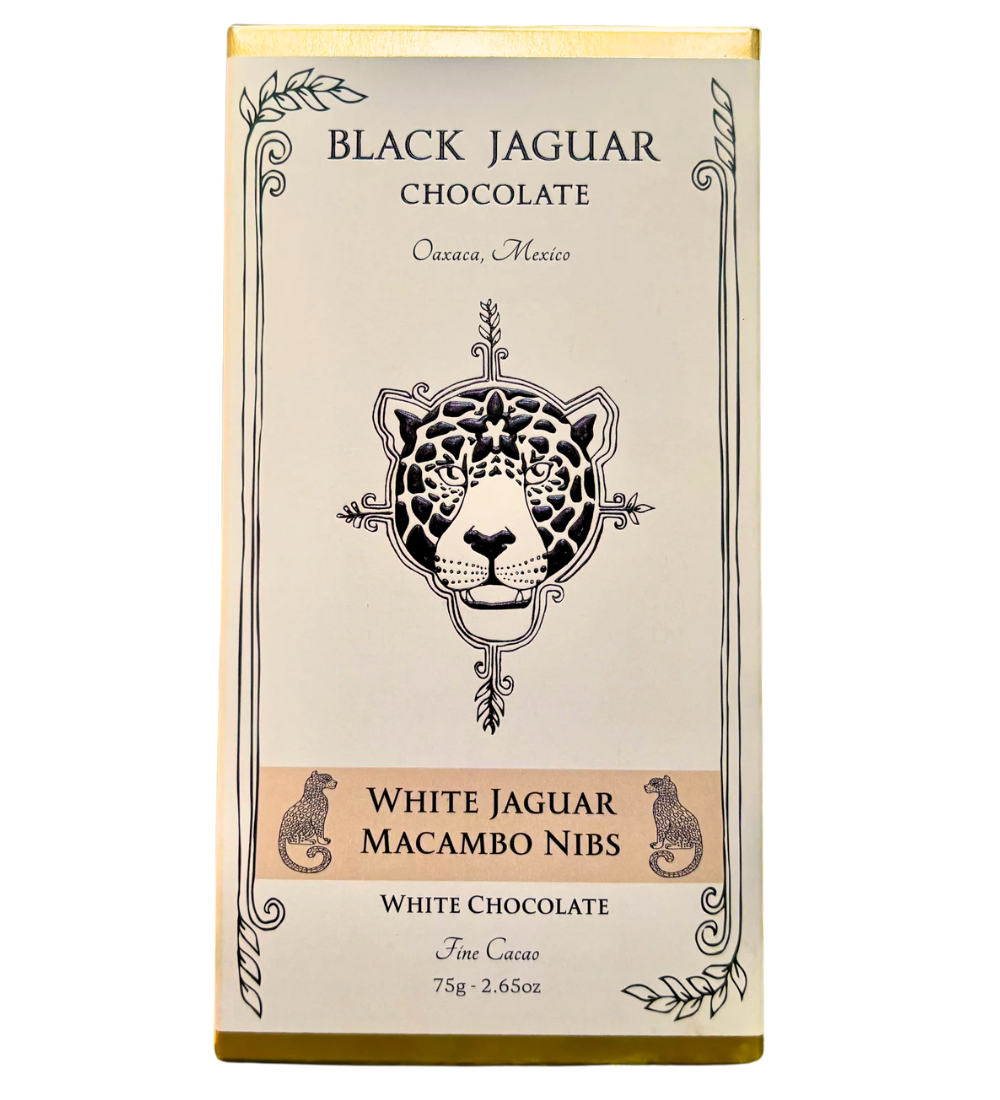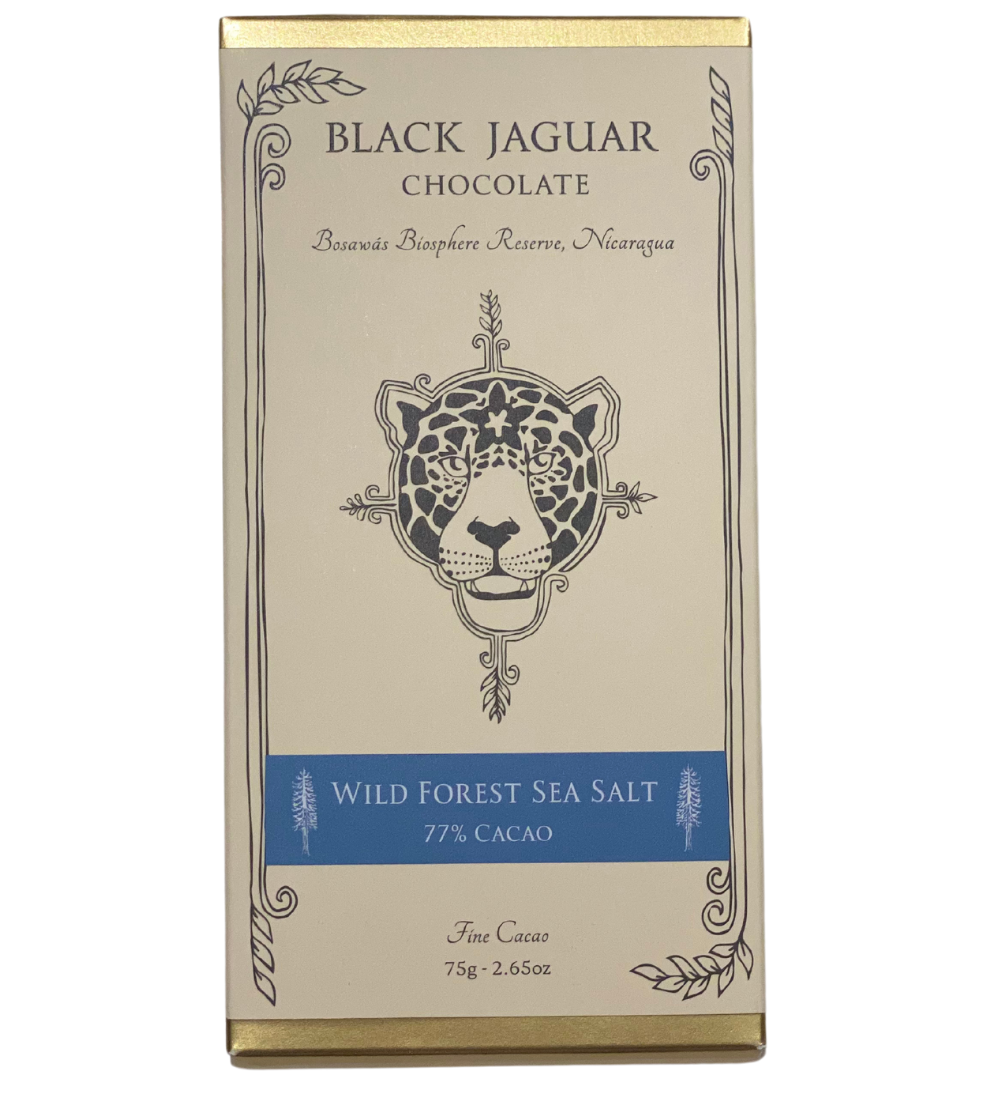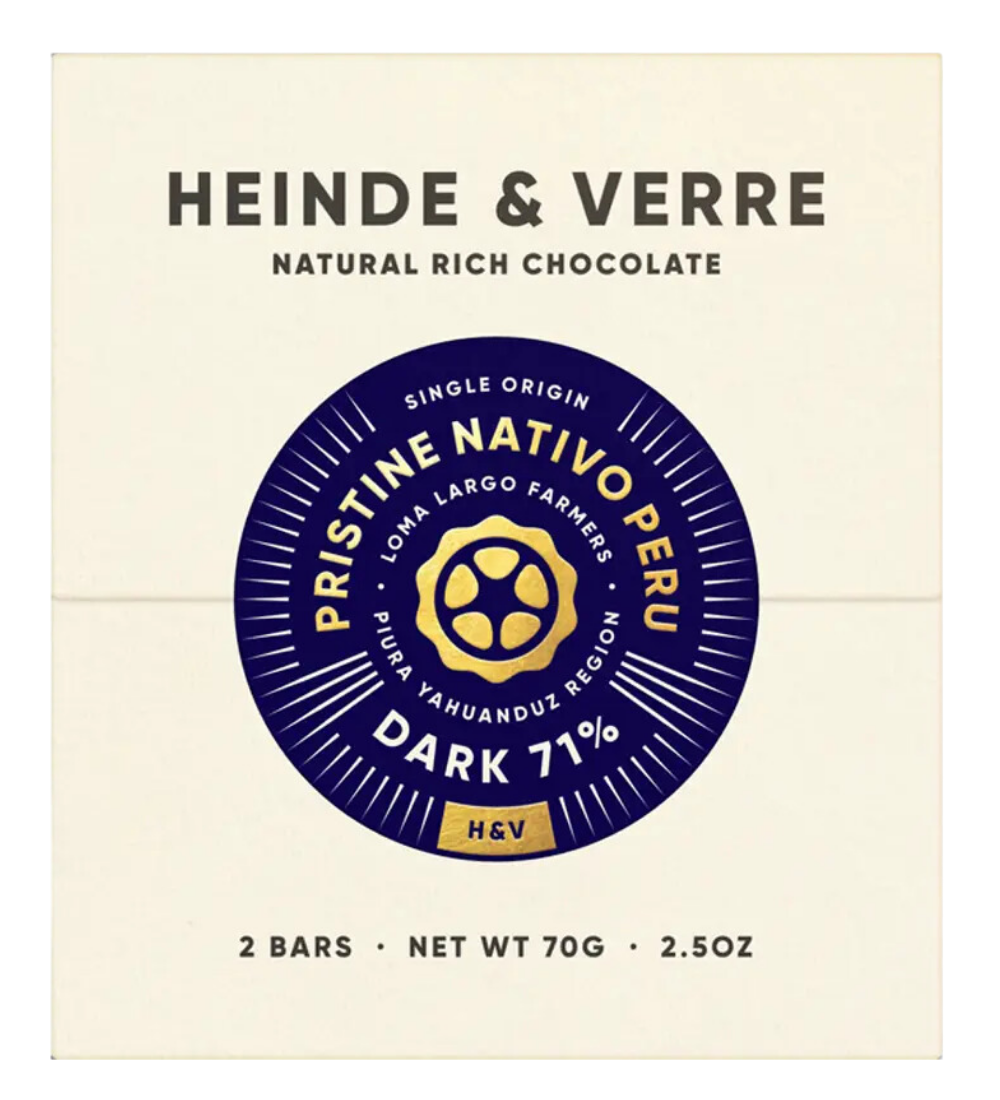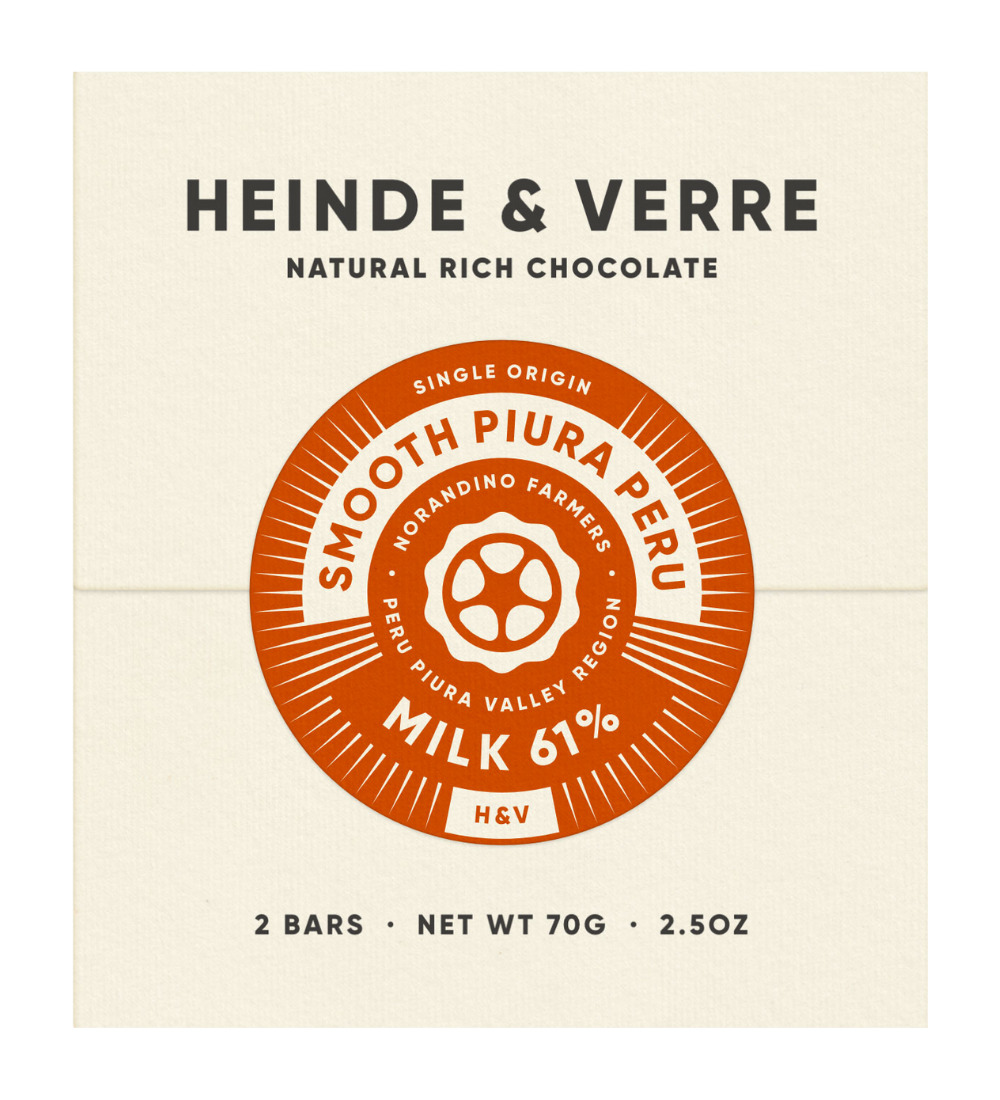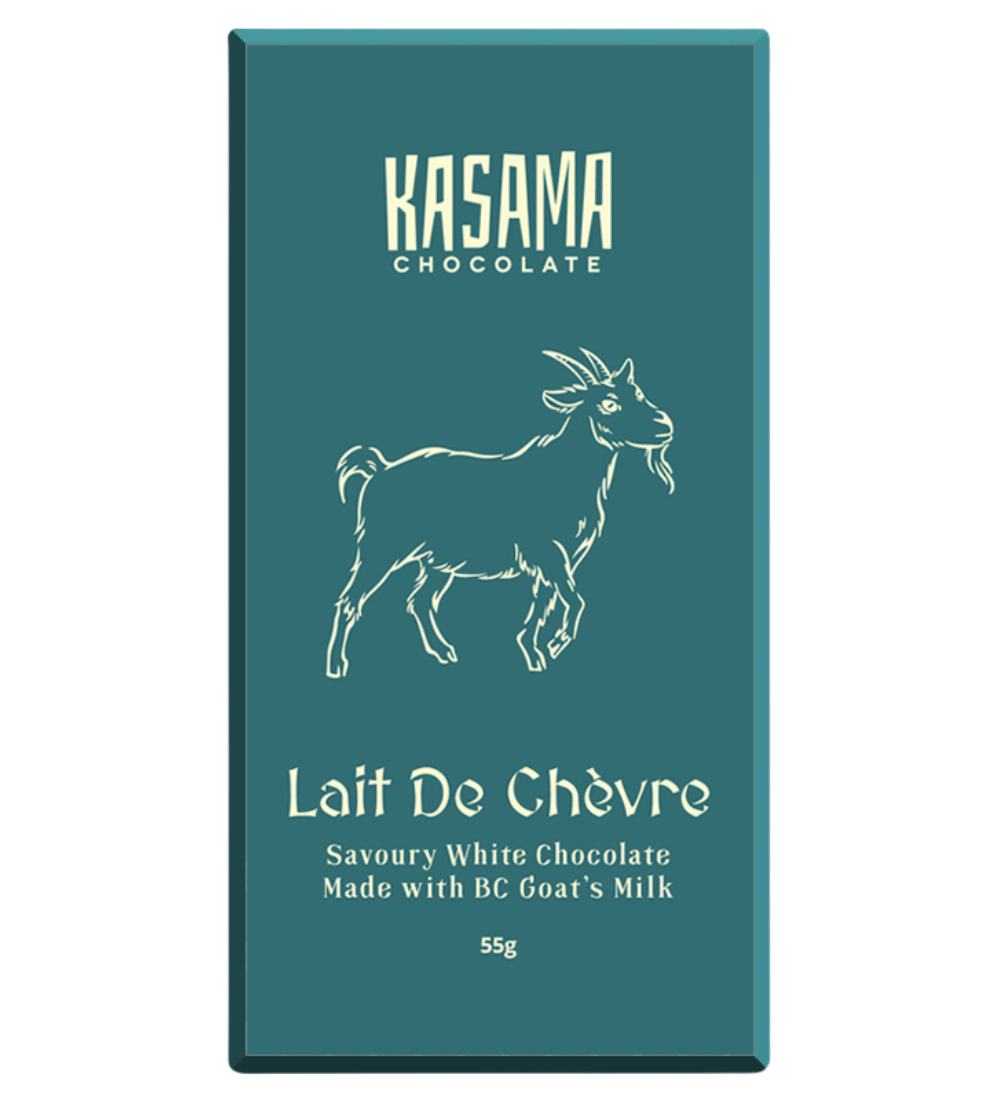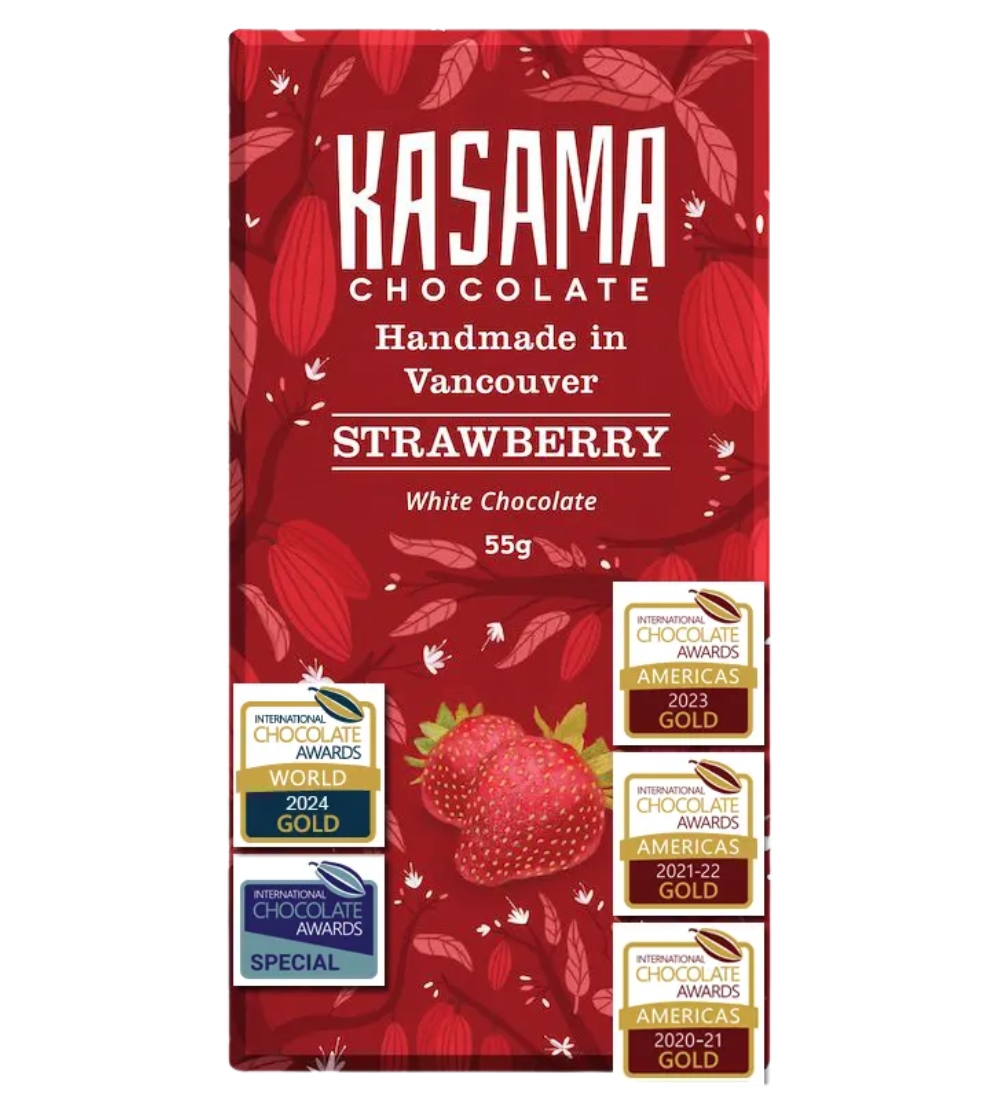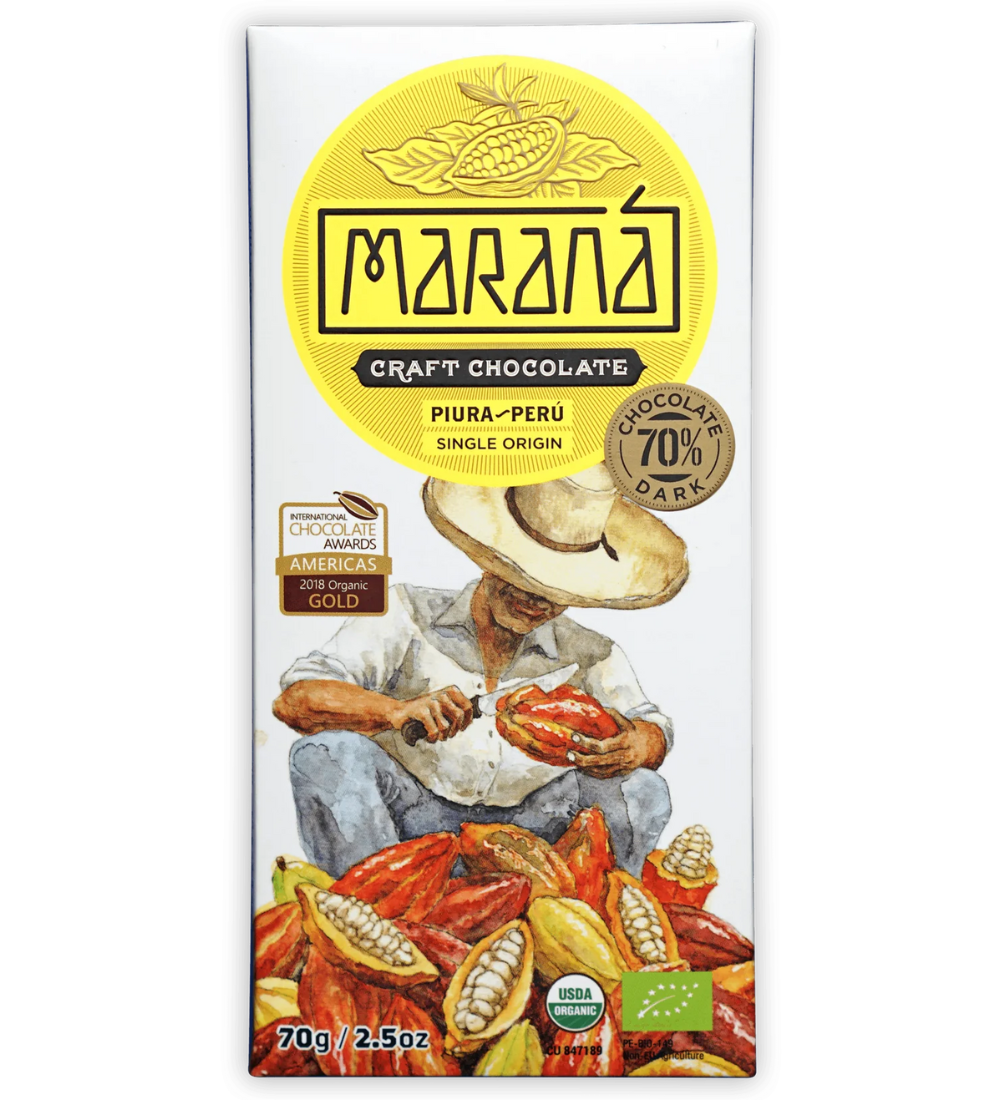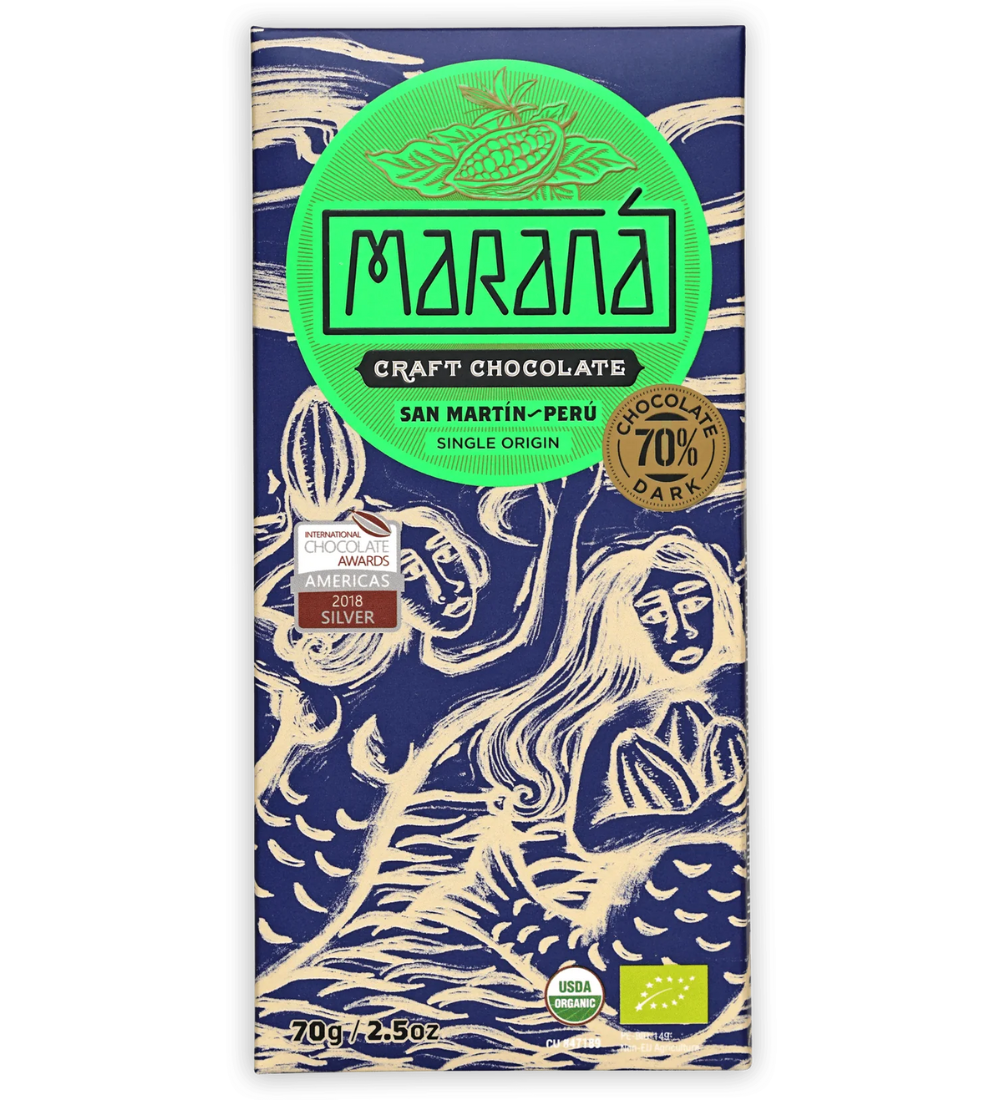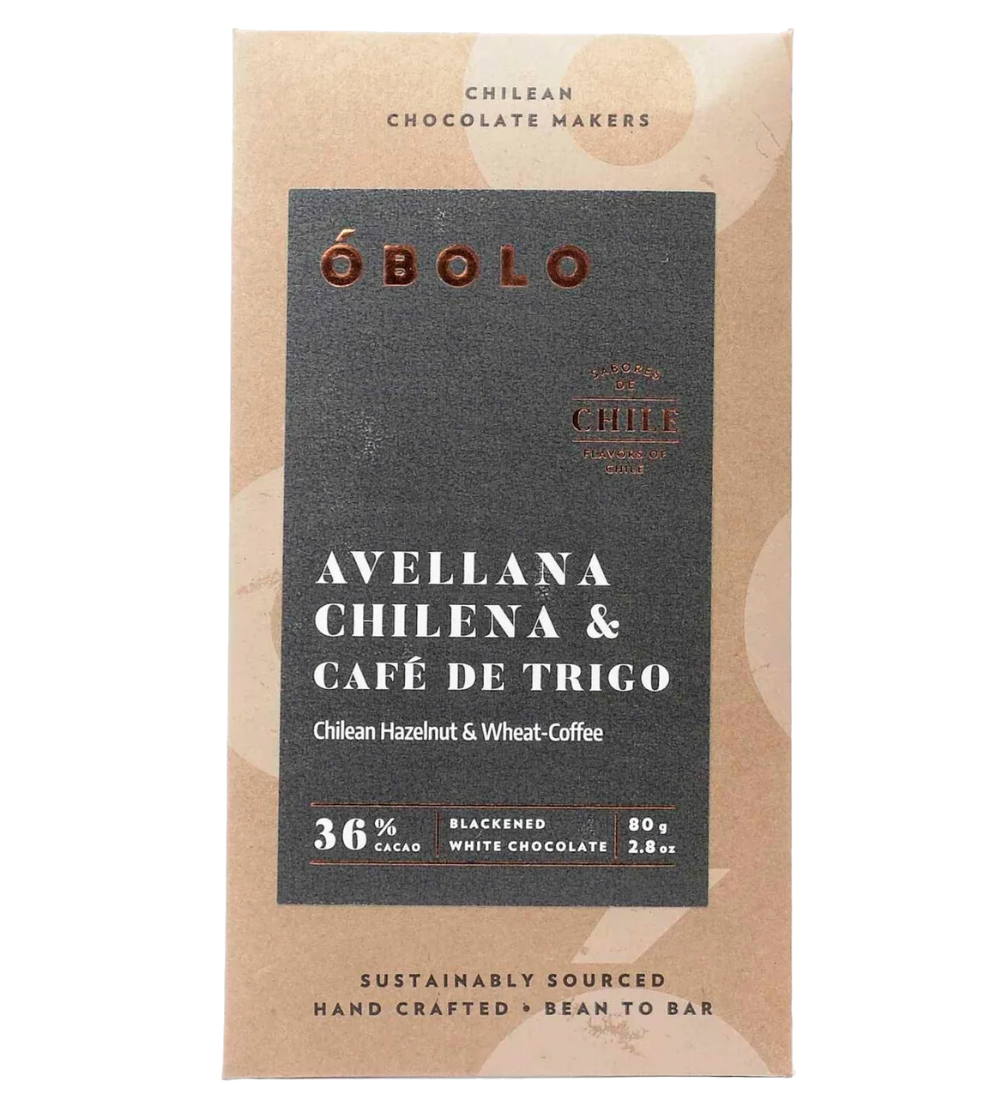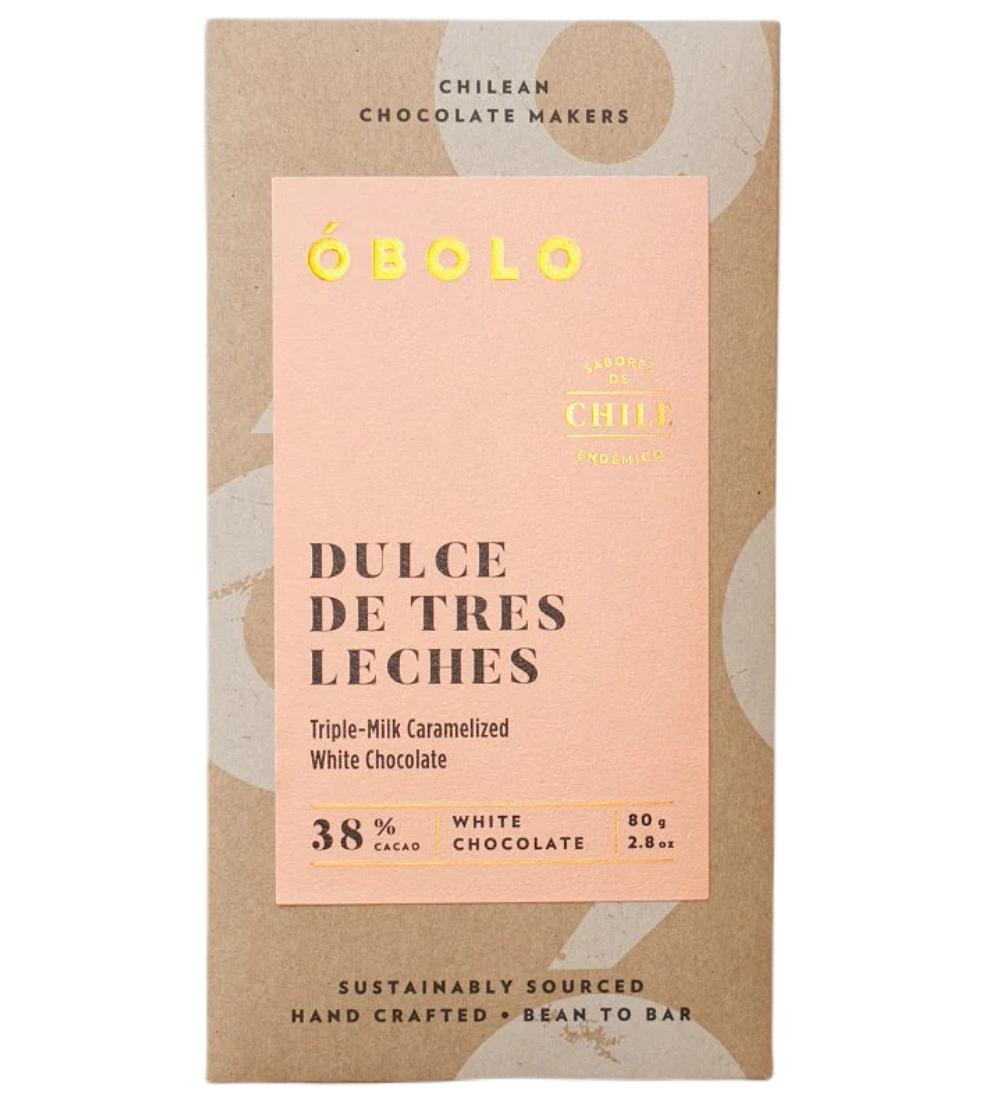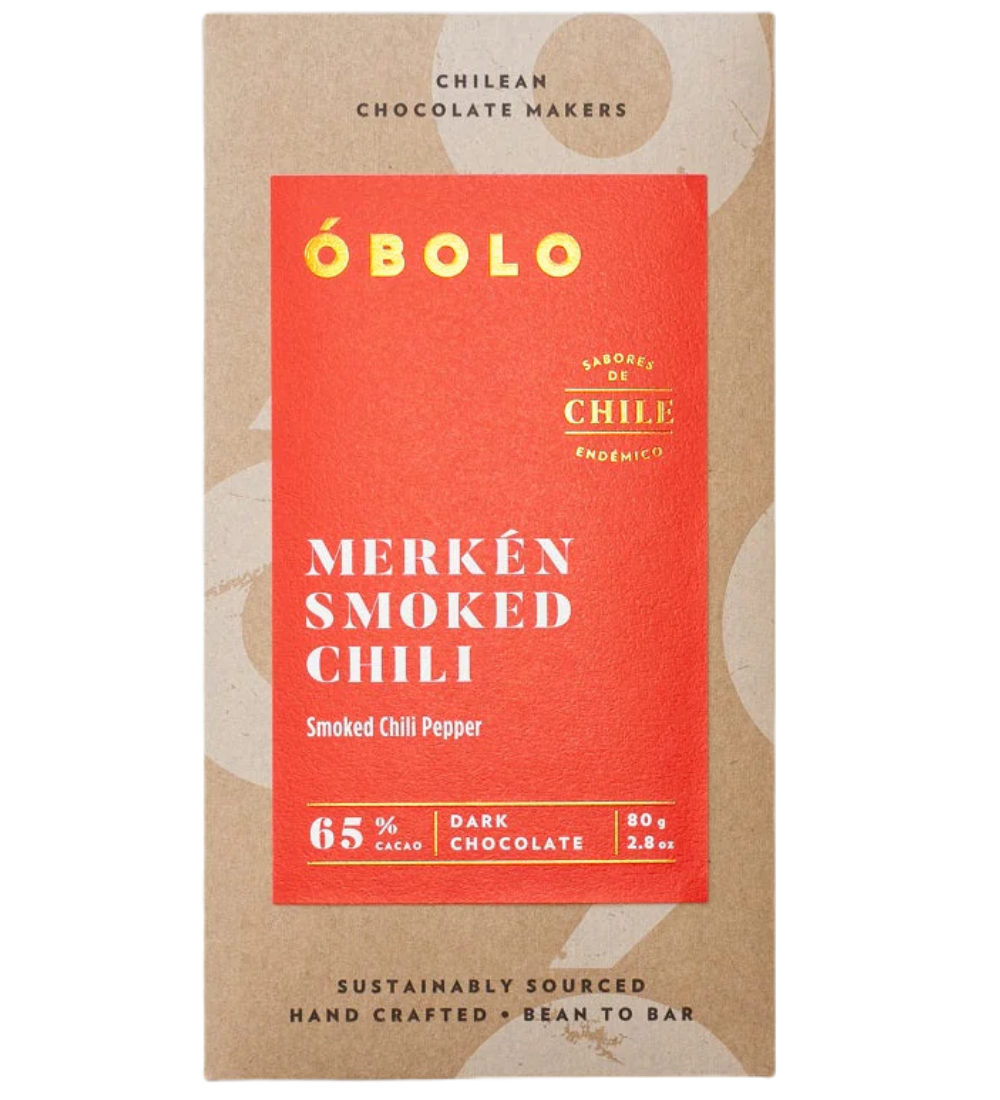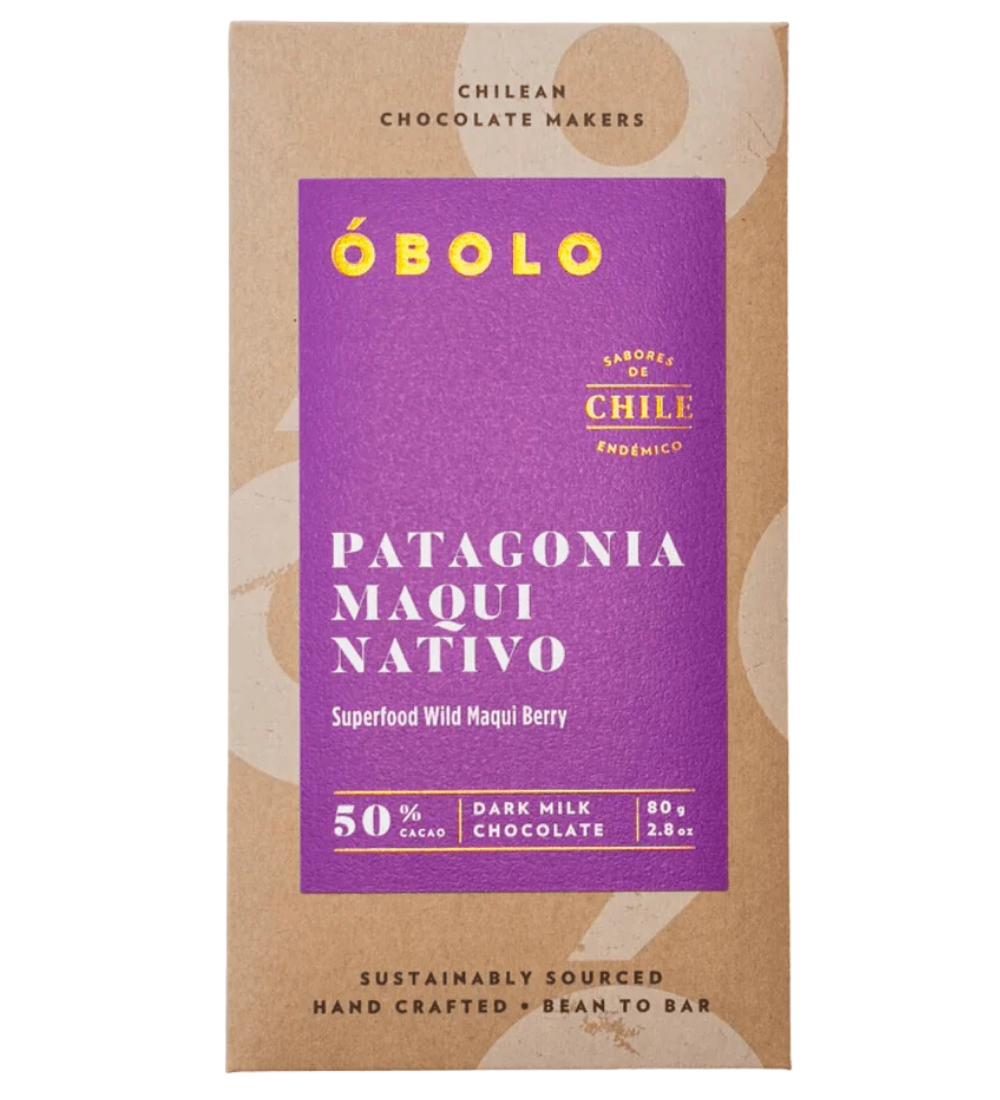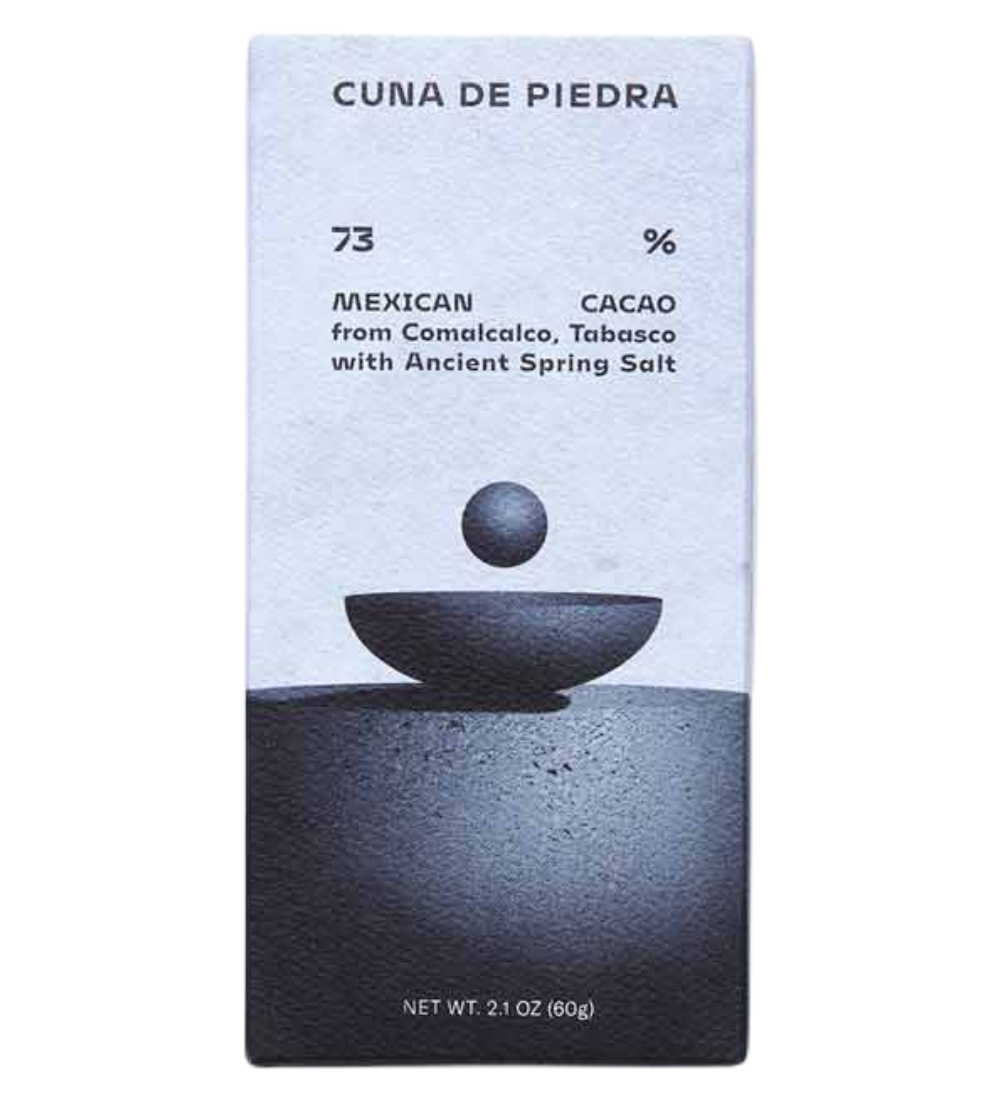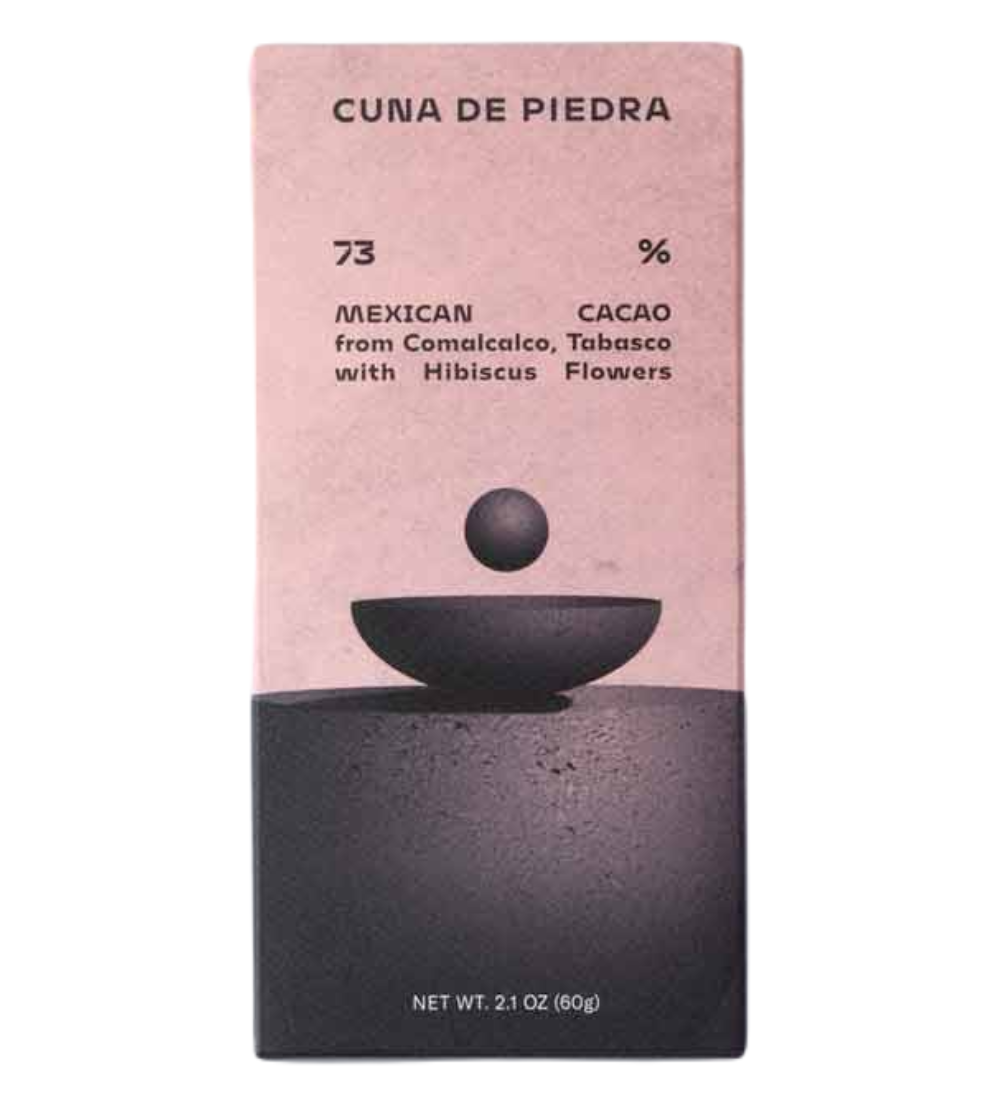Salt production in the town of Cáhuil began at least 500 years ago and methods of harvesting from the cold Humboldt Current waters have hardly changed since the pre-Columbian era. Today some 20 people work in the salt pools, having inherited the trade from their fathers and grandfathers, still producing the salt one hundred percent by hand, through laborious manual work. In 2011, these workers were declared Living Human Treasures by UNESCO, for their contribution to the Intangible Cultural Heritage of Chile. Cáhuil sea salt has also been given its own designation of origin (D.O) seal by the government of Chile. But this bar arguably does more to highlight Peru - the bright, distinctive, fulfilling qualities of Pangoa cocoa are what really stand out, with flavours of dried cherry, fig, bay leaf, malt, and fudge in addition to those tasty flakes of sea salt.
Óbolo Cáhuil Sal De Mar 70%
Cocoa Origin: Peru
Producer Country: Chile
Weight: 80 g
Adding product to your cart
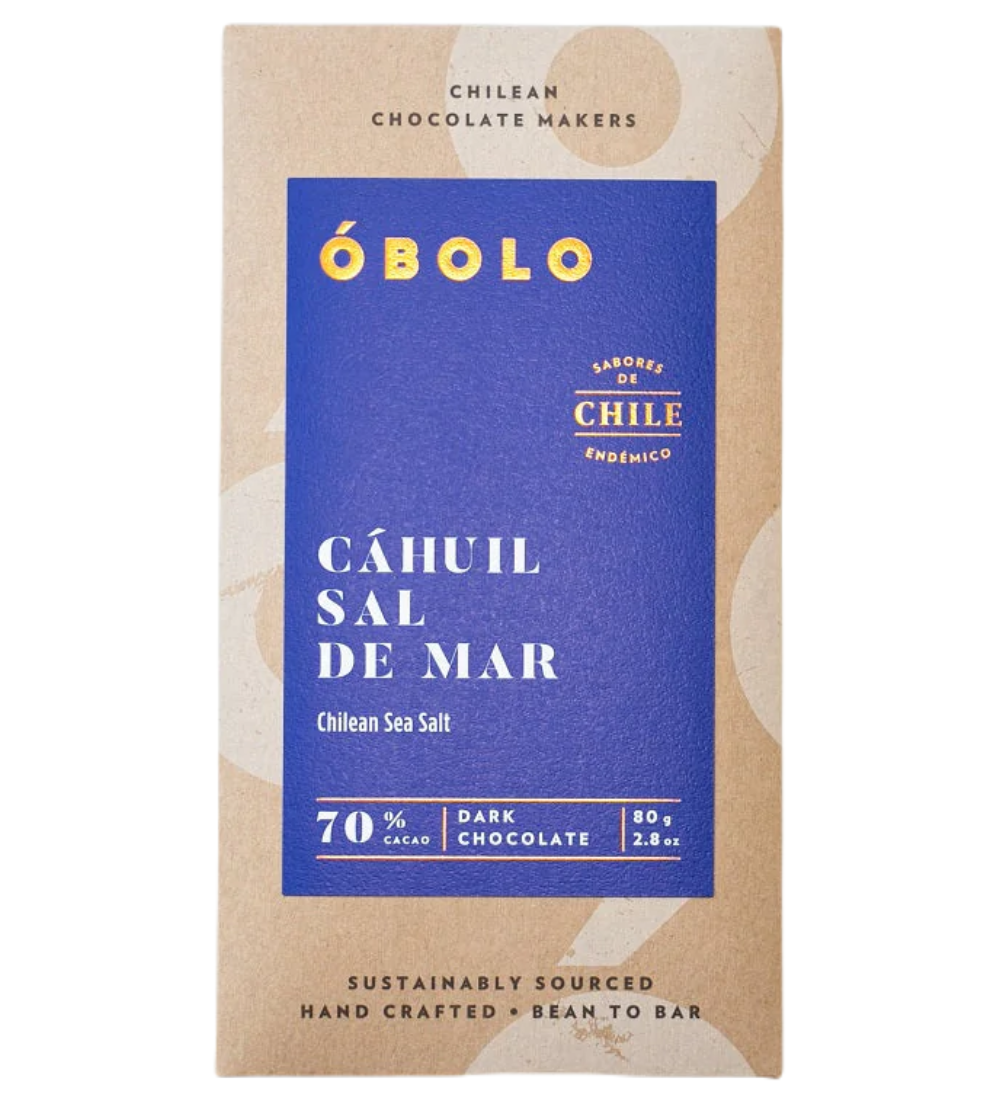
Óbolo Cáhuil Sal De Mar 70%
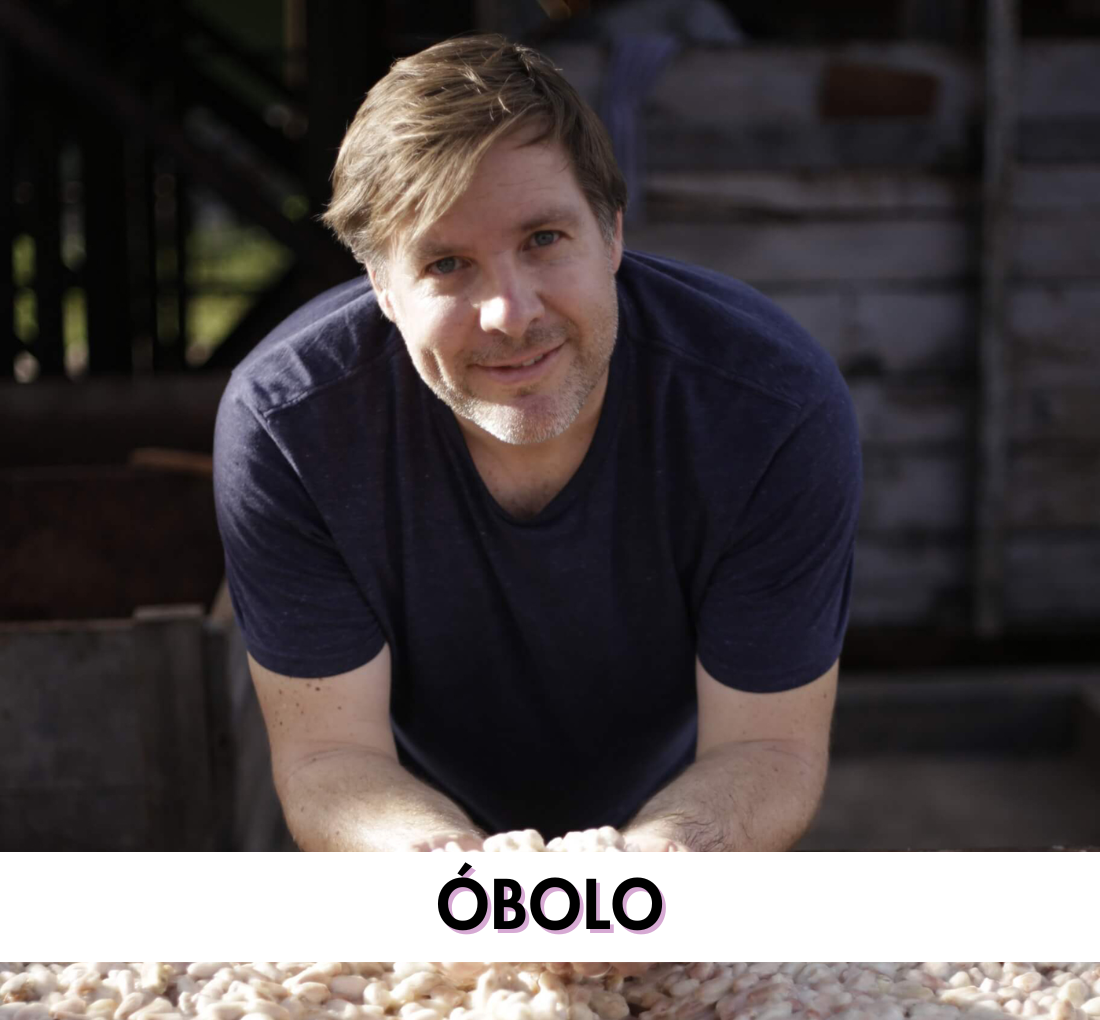
When Mark left for Chile in 2003, he had no idea his three-month vacation would turn into a decade-plus-long adventure exploring Latin America, including three years working in the jungles of Ecuador and ten years with The Nature Conservancy in Chile. Recognizing the absence of authentic, high-quality chocolate production in Chile and the significant carbon footprint of importing foreign brands, Mark embarked on a personal challenge. Drawing on his background in social and environmental ethics, he committed to sourcing beans directly from a cooperative that grows its cocoa in harmony with the Amazon rainforest's biodiversity. Additionally, he designed packaging that is entirely compostable and recyclable. Mark further expressed his love for his adopted country by celebrating its unique and traditional ingredients with a dedicated line of inclusion bars called "Flavors of Chile."
Shop More ÓboloJunín is a department in central Peru, nestled between the Andes Mountains and the Amazon Rainforest. In its western border the mountains are steep and snowy. Towards the east, the landscape shifts to jungle valleys and deep narrow gorges, while high altitude plateaus and mist forests. While parts of Junín experience a typically tropical climate, temperatures here are significantly cooler on average than the rest of the country, with rain occurring statistically more than once every two days. Junín's mountain valleys are rich in minerals but they are also well-suited to the cultivation of crops such as potatoes and corn. Jenín is also home to CAC Pangoa, a prominent coffee and cacao co-op with over 700 contributing members.
